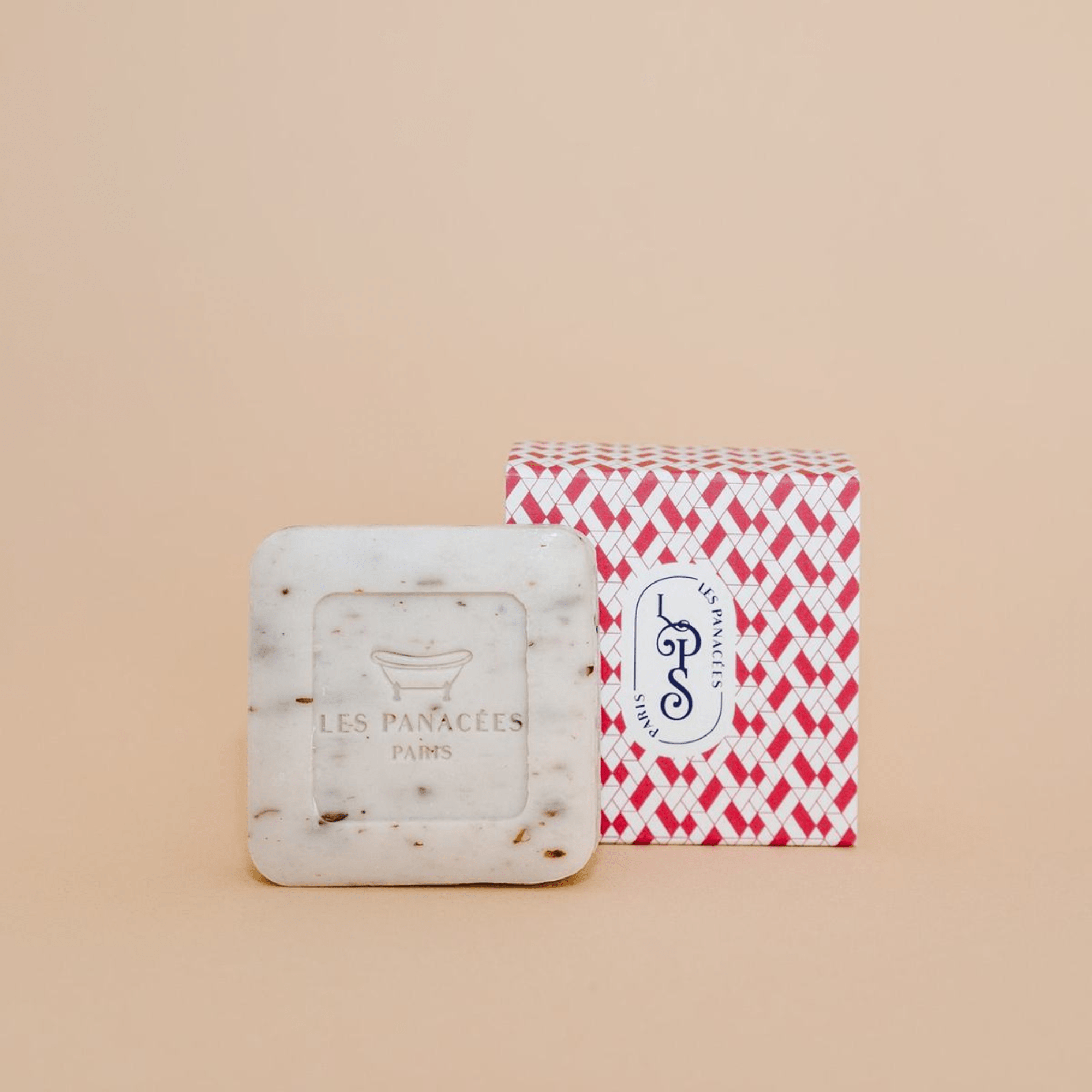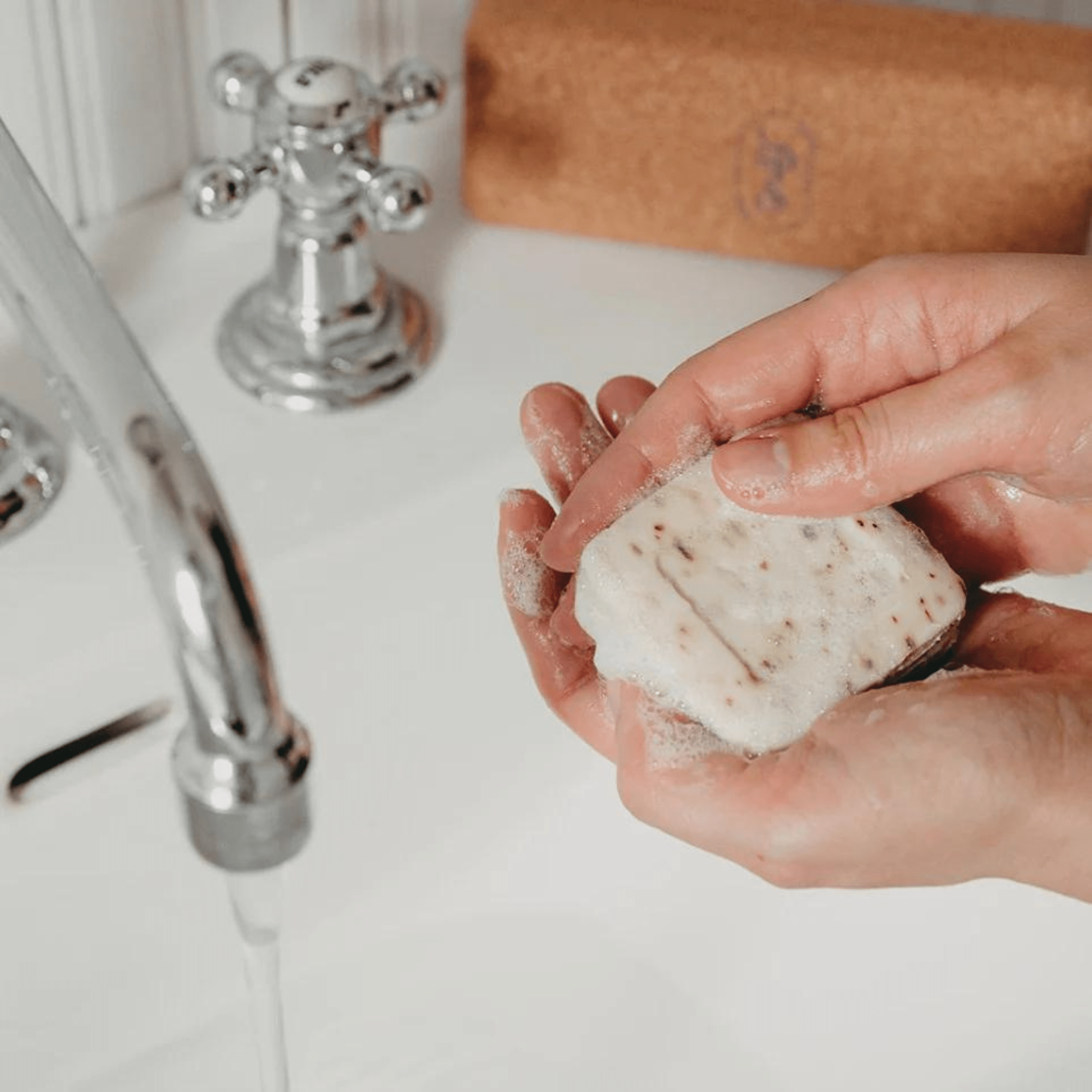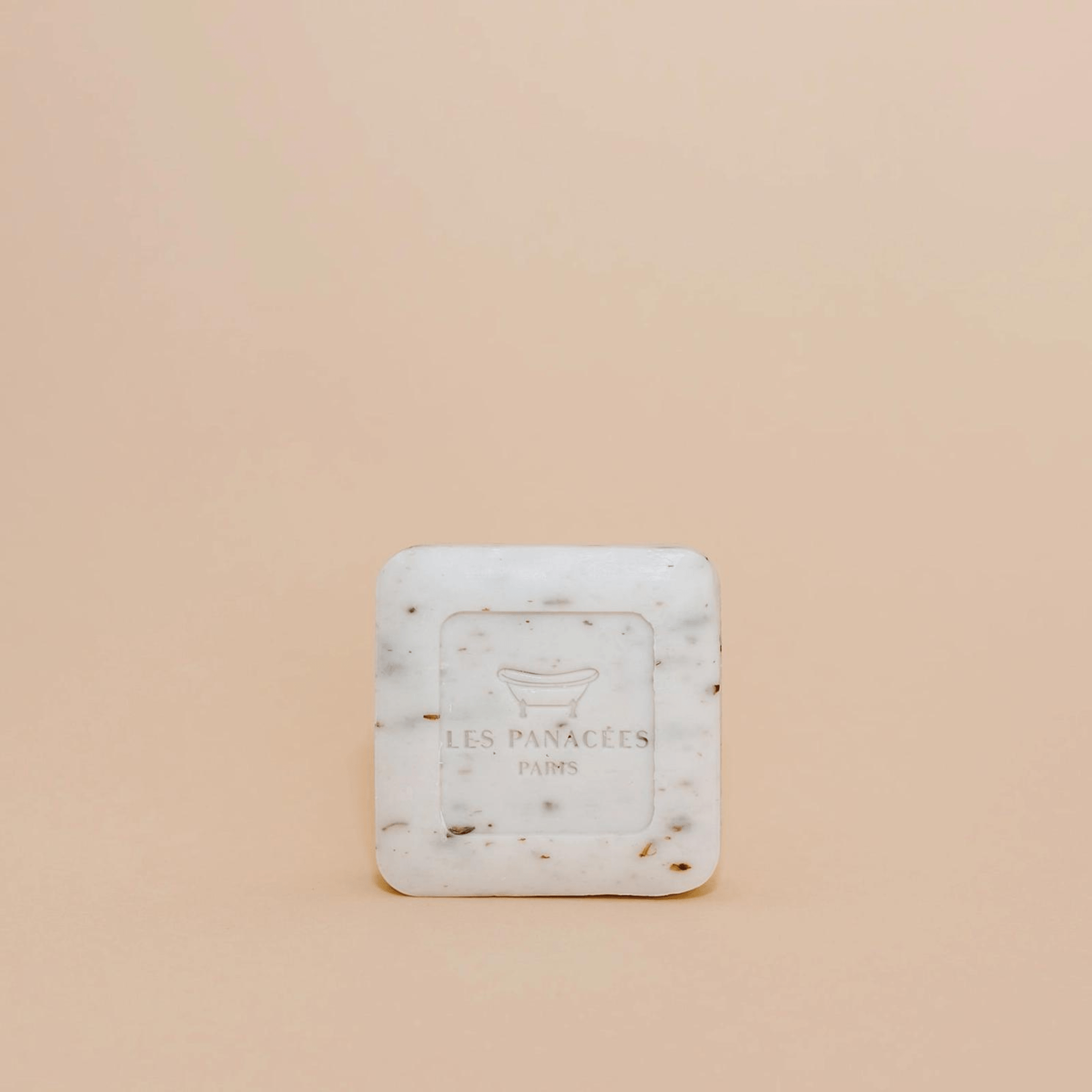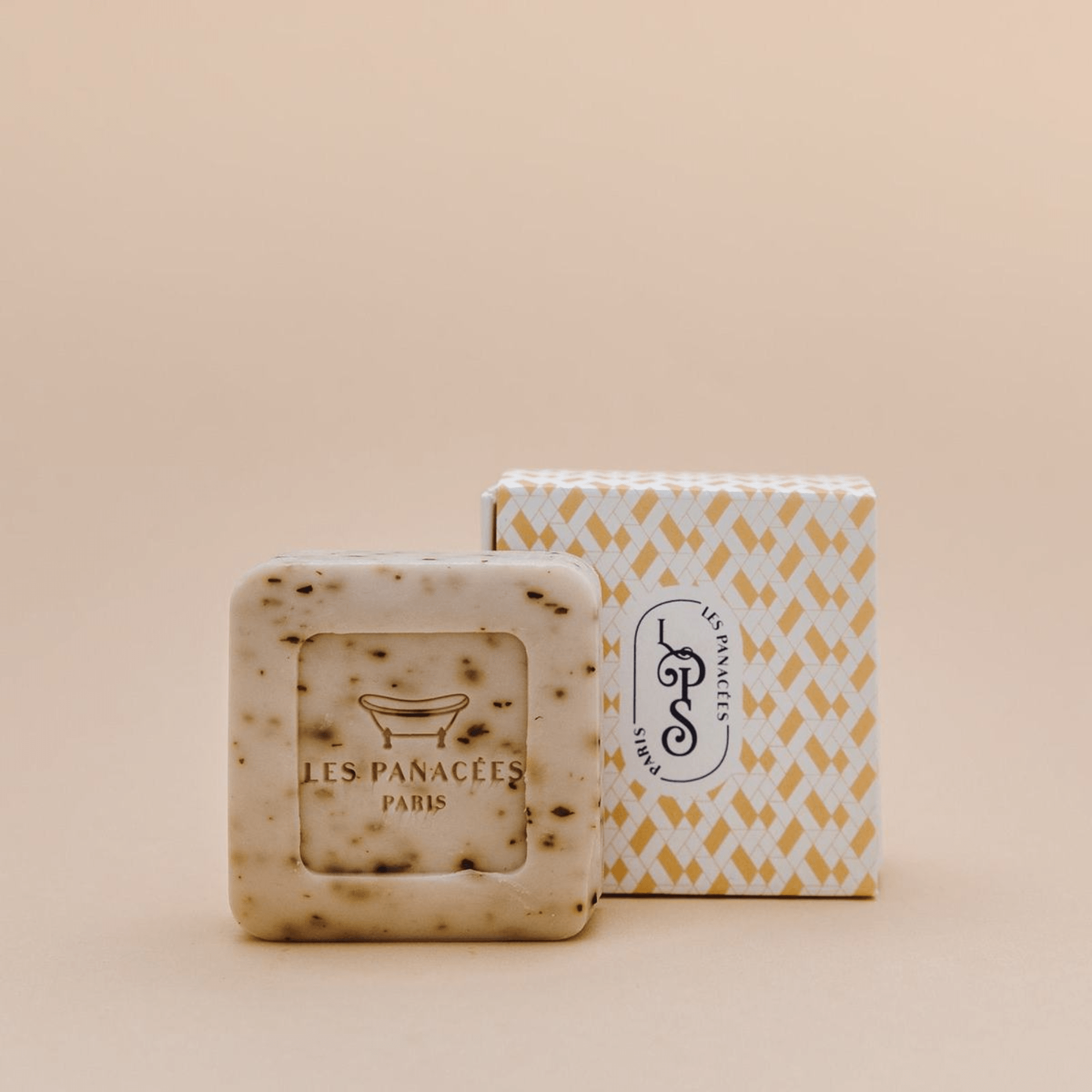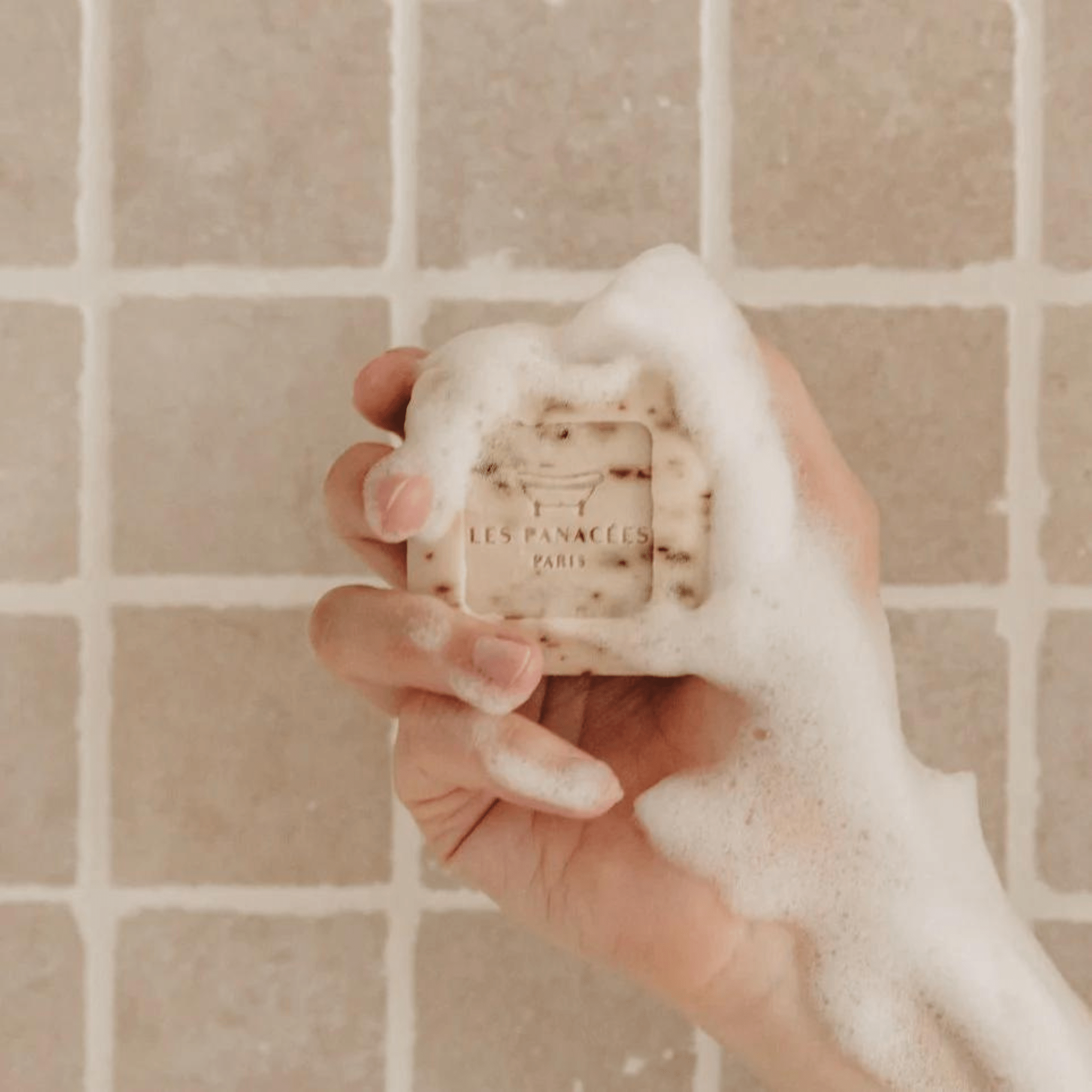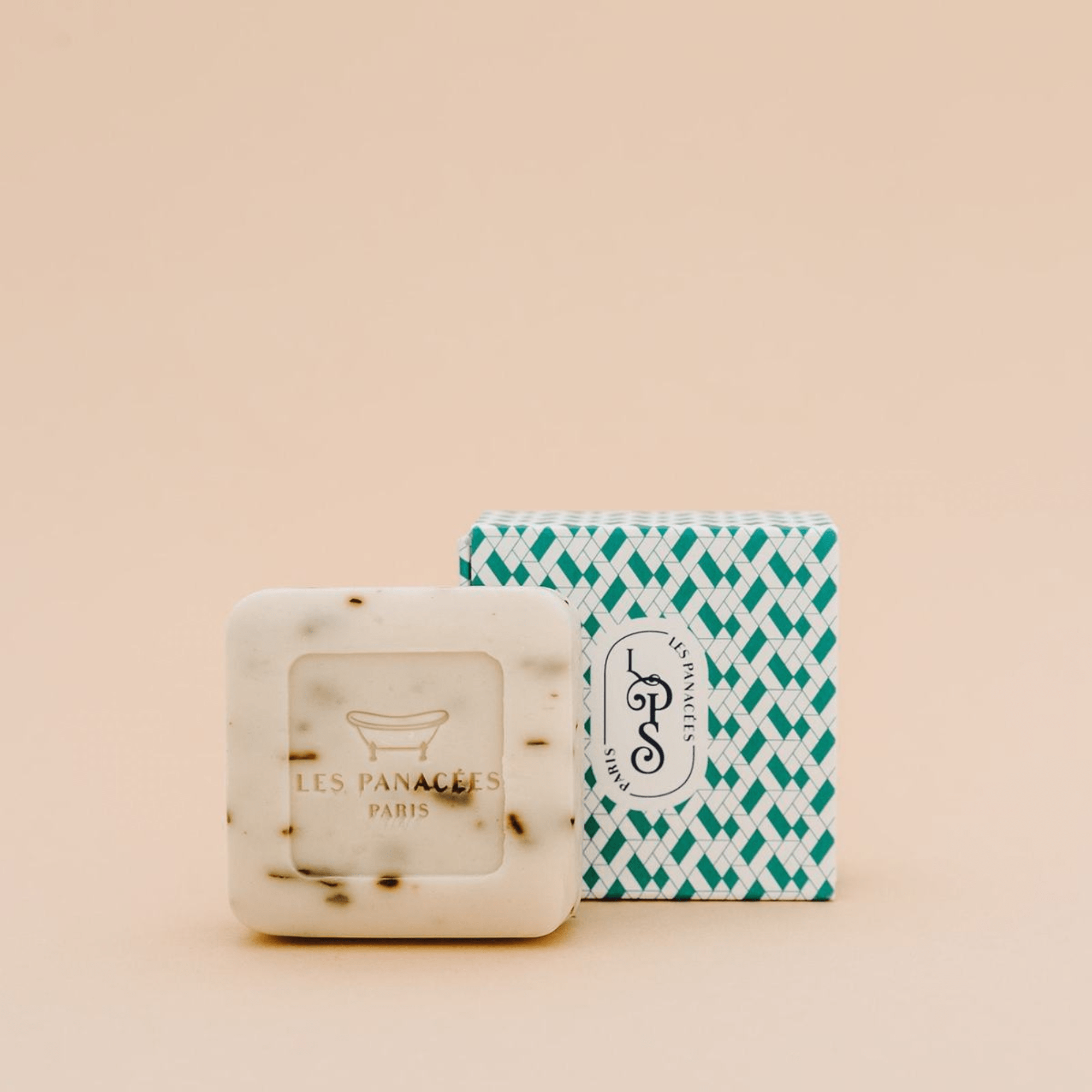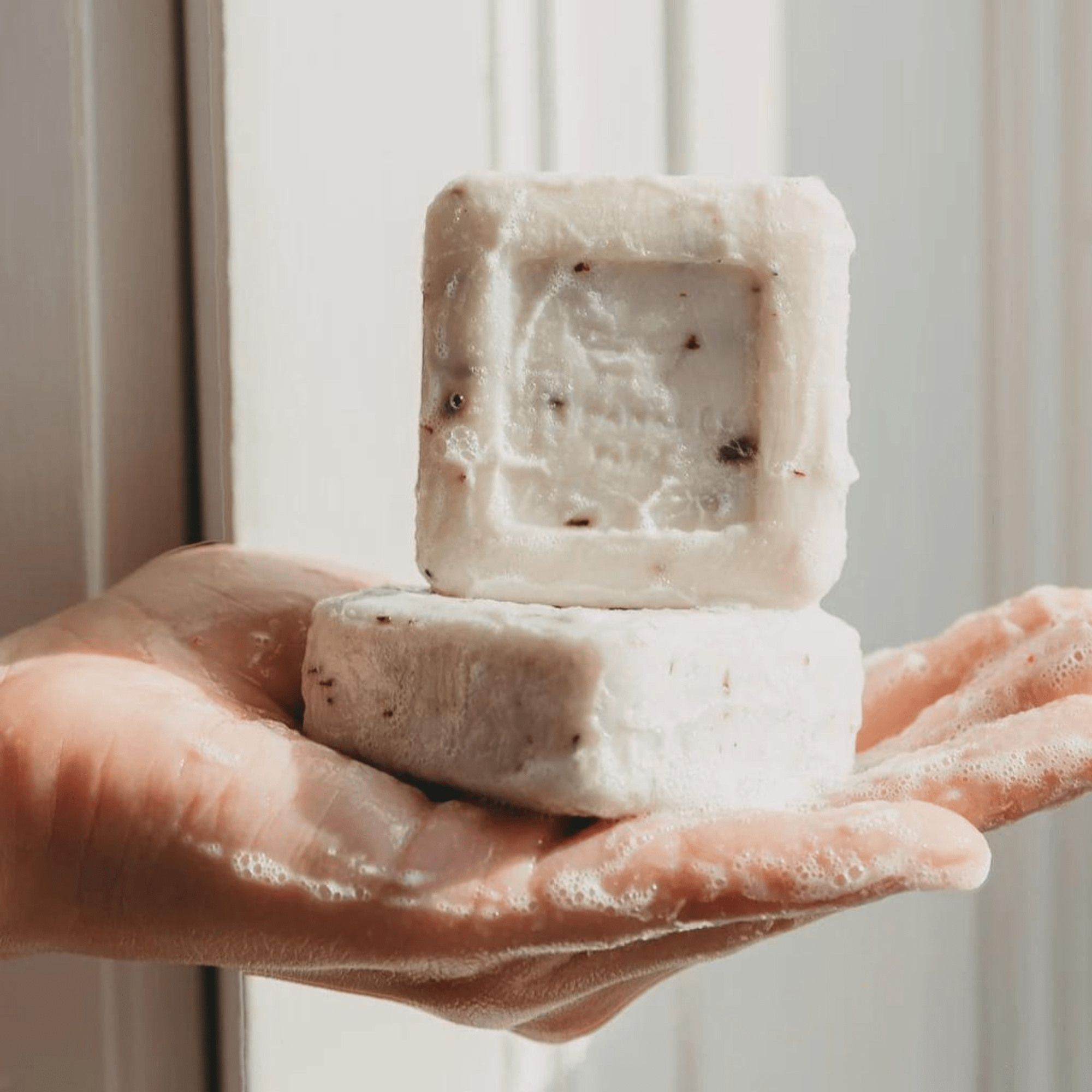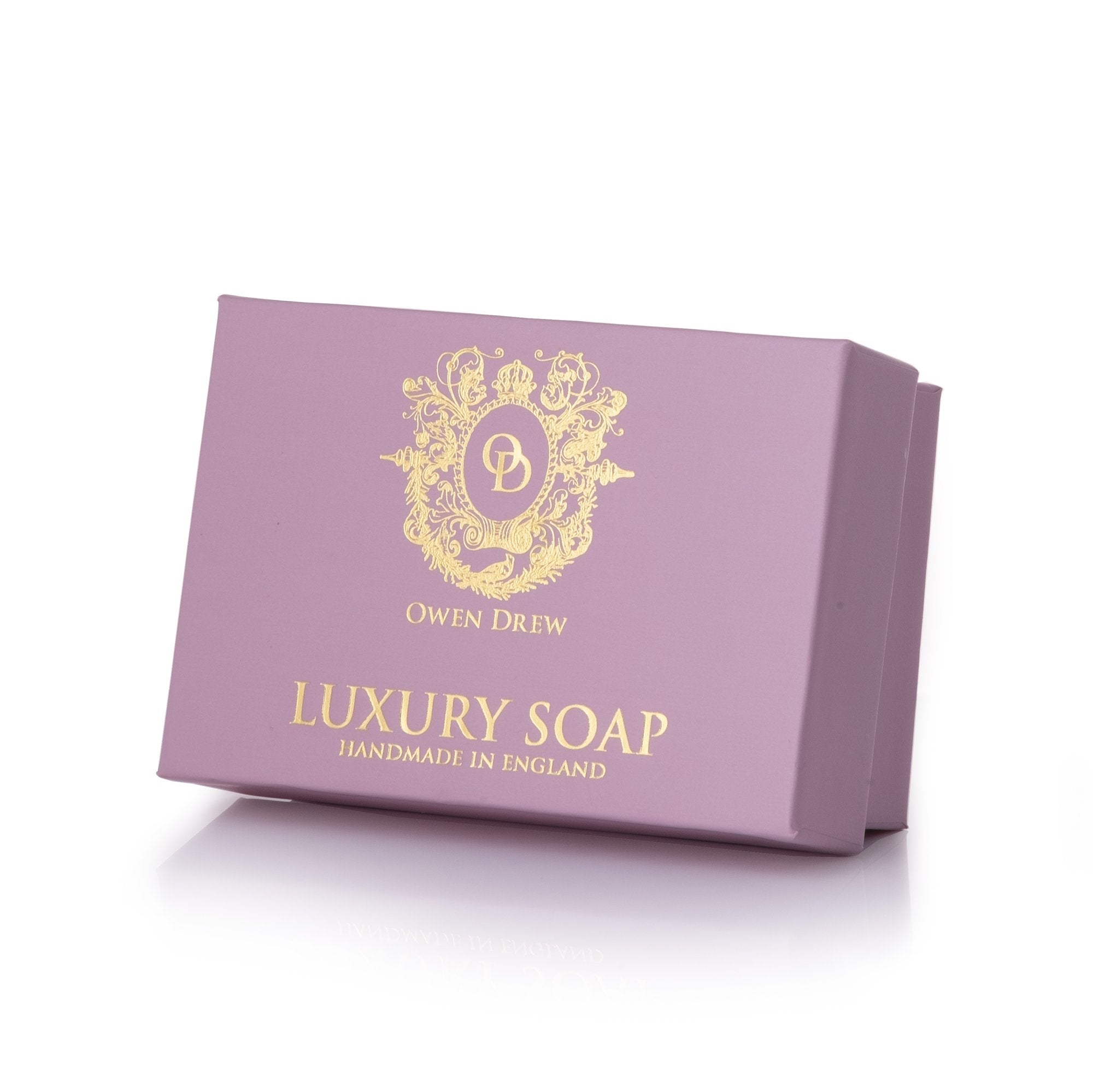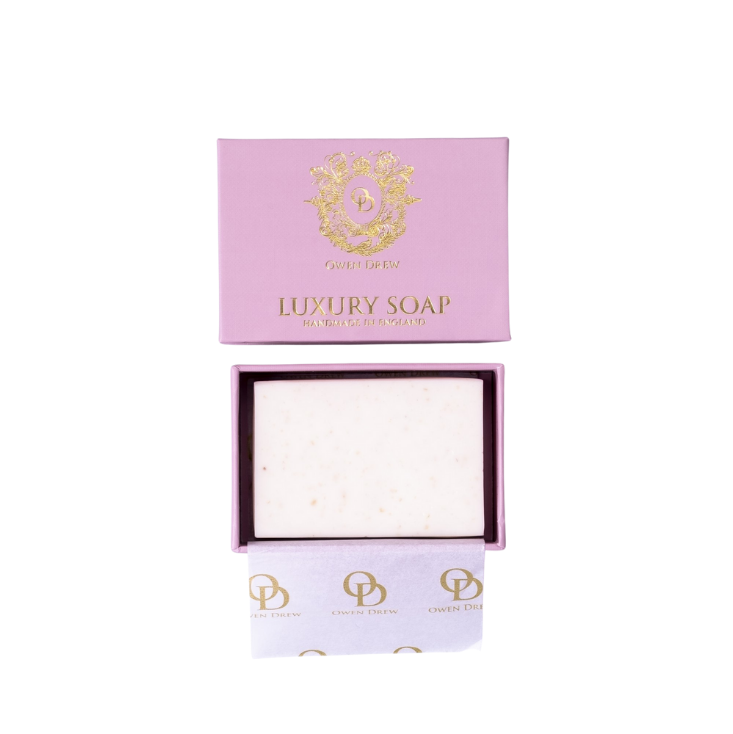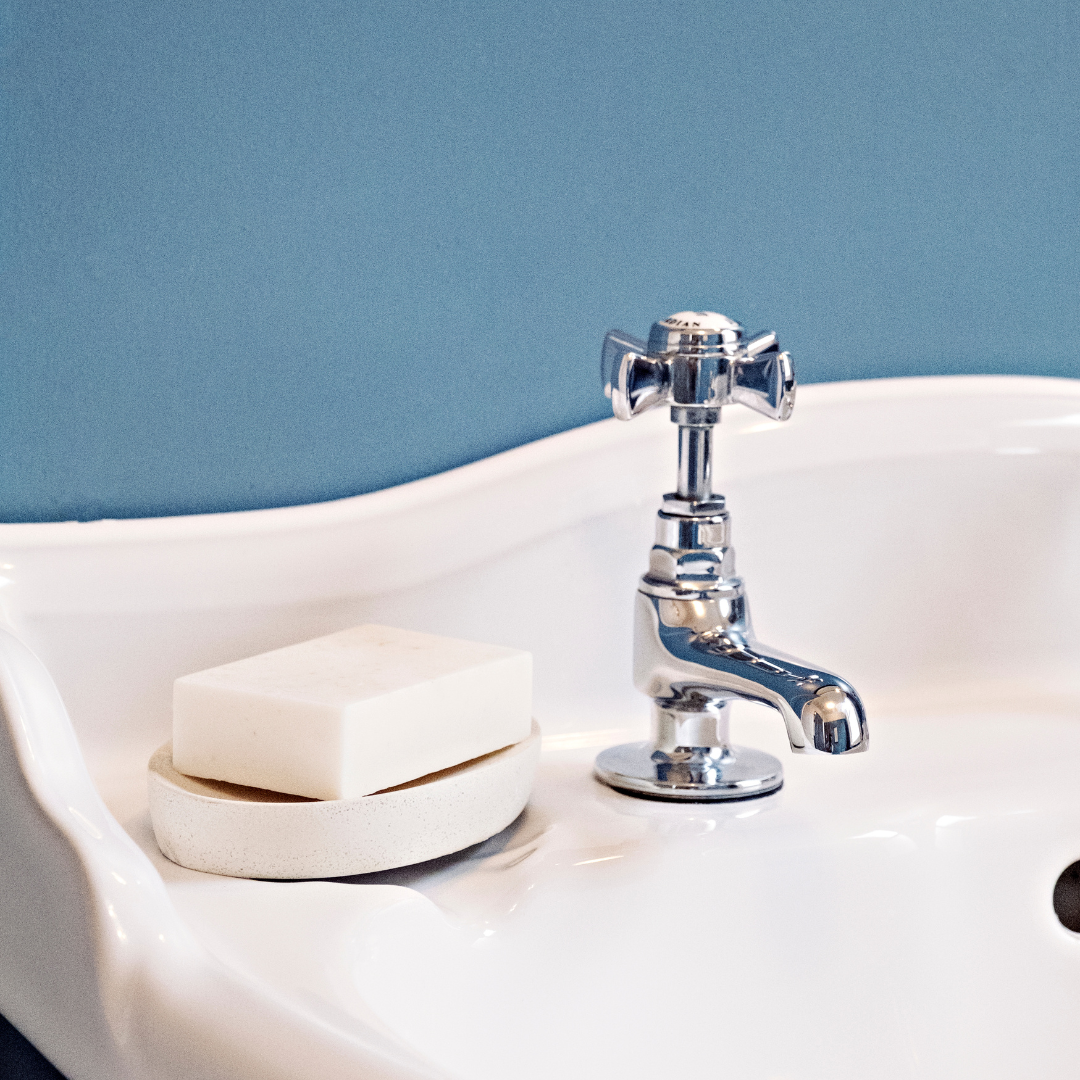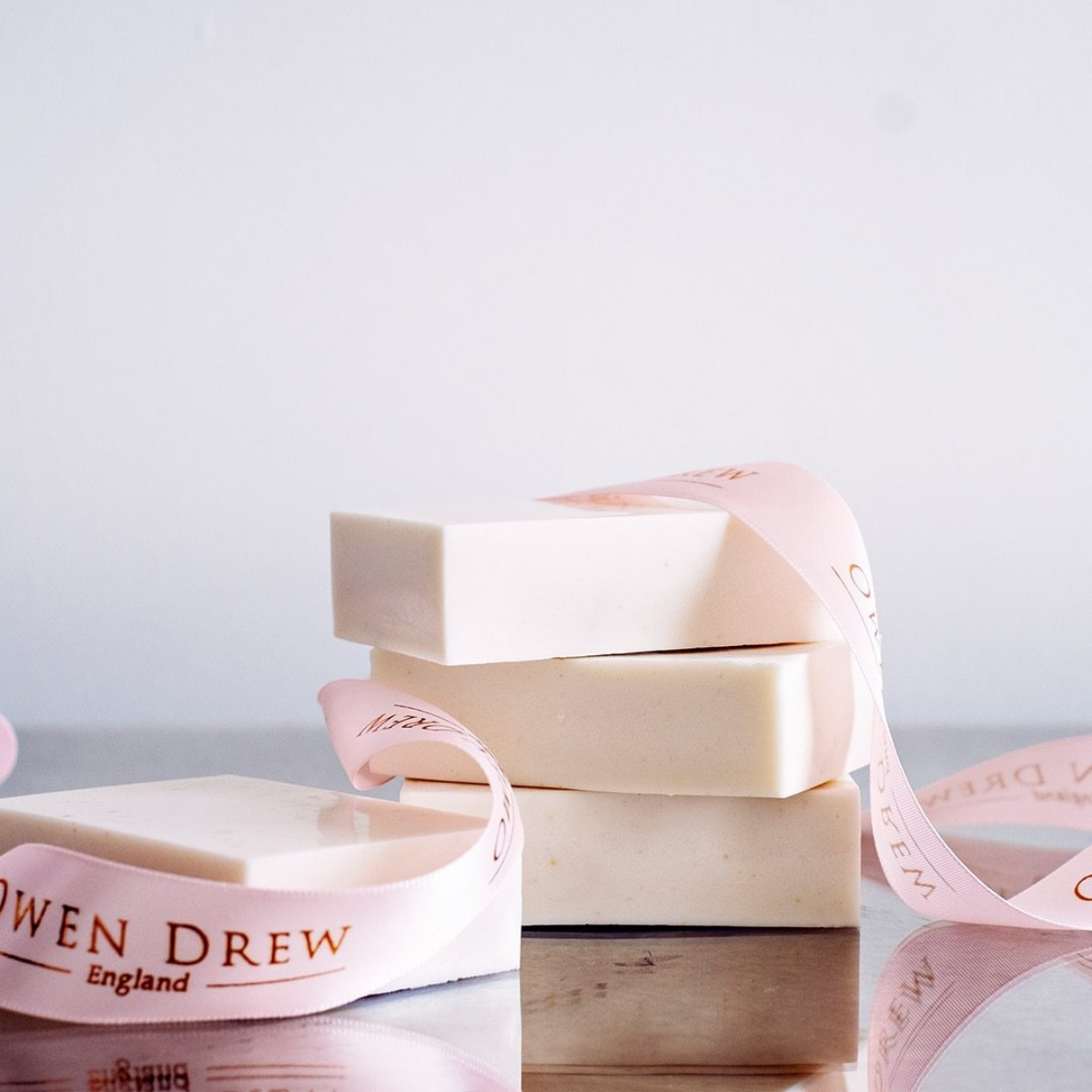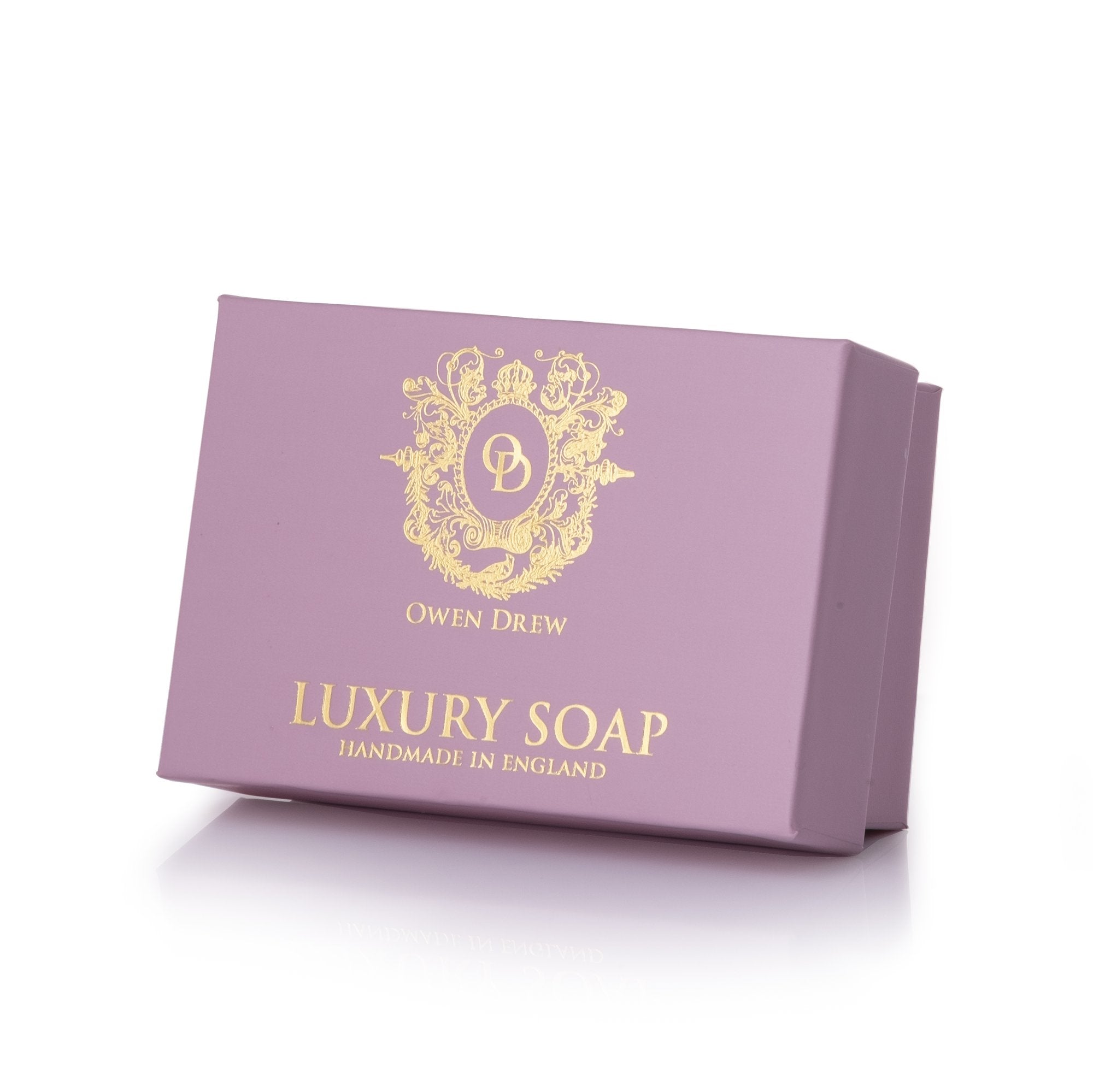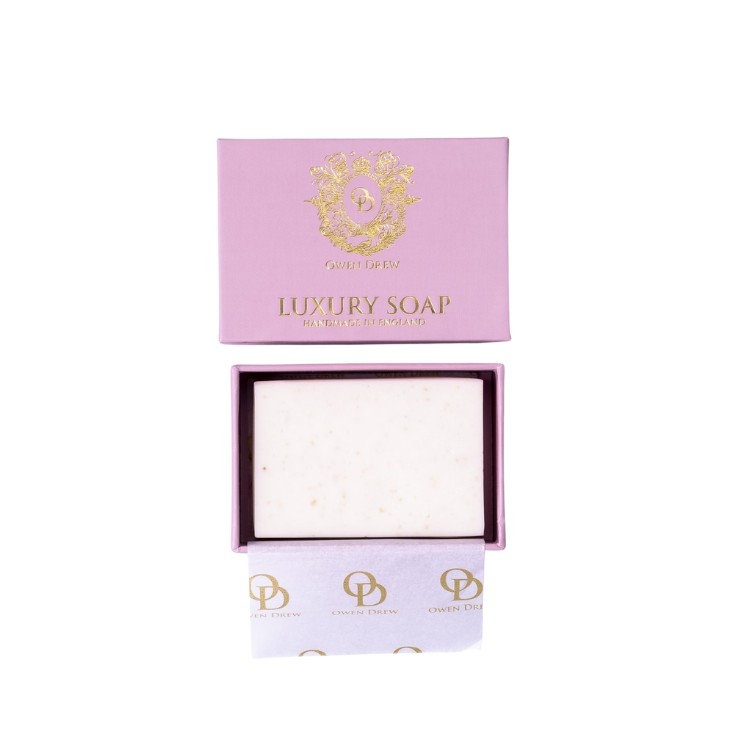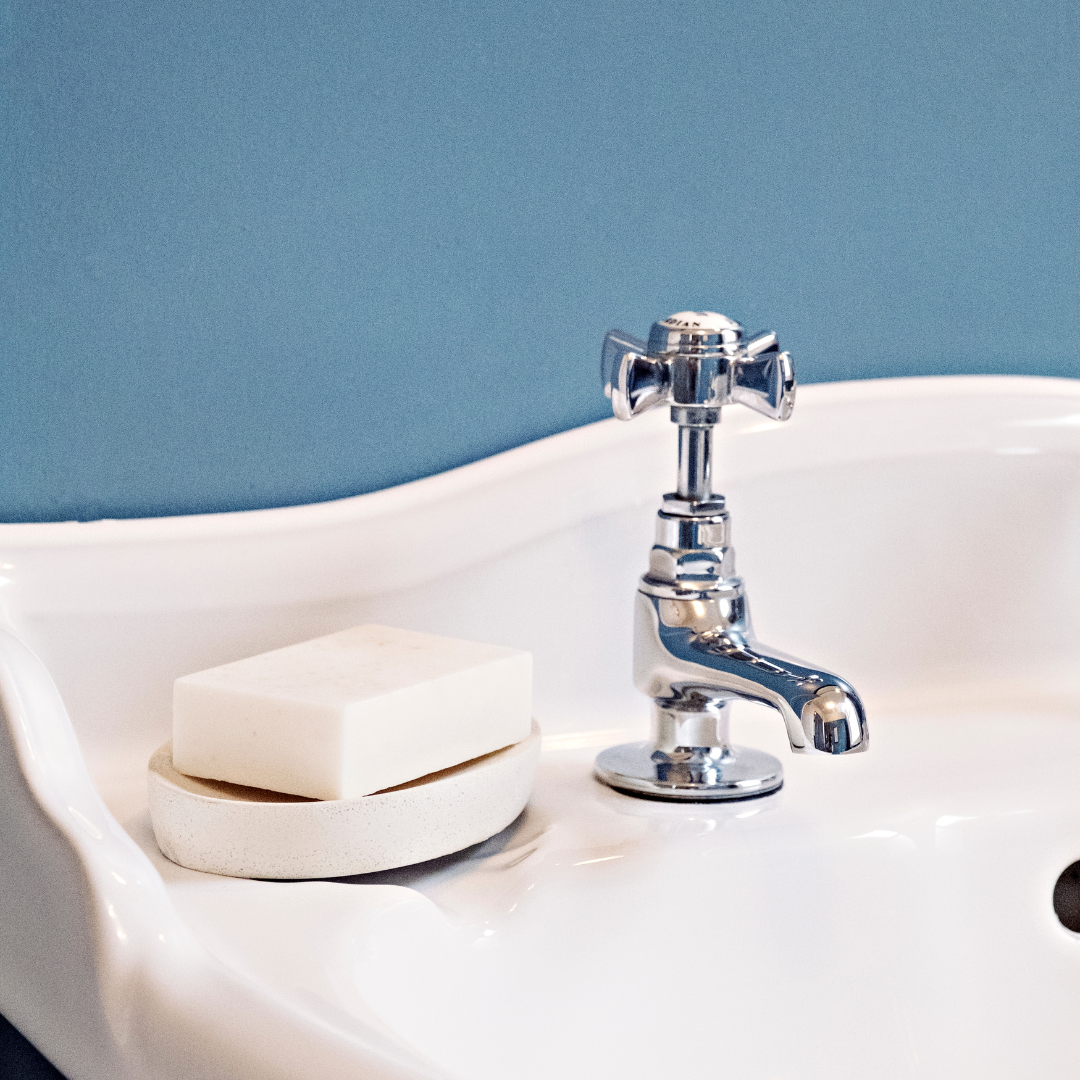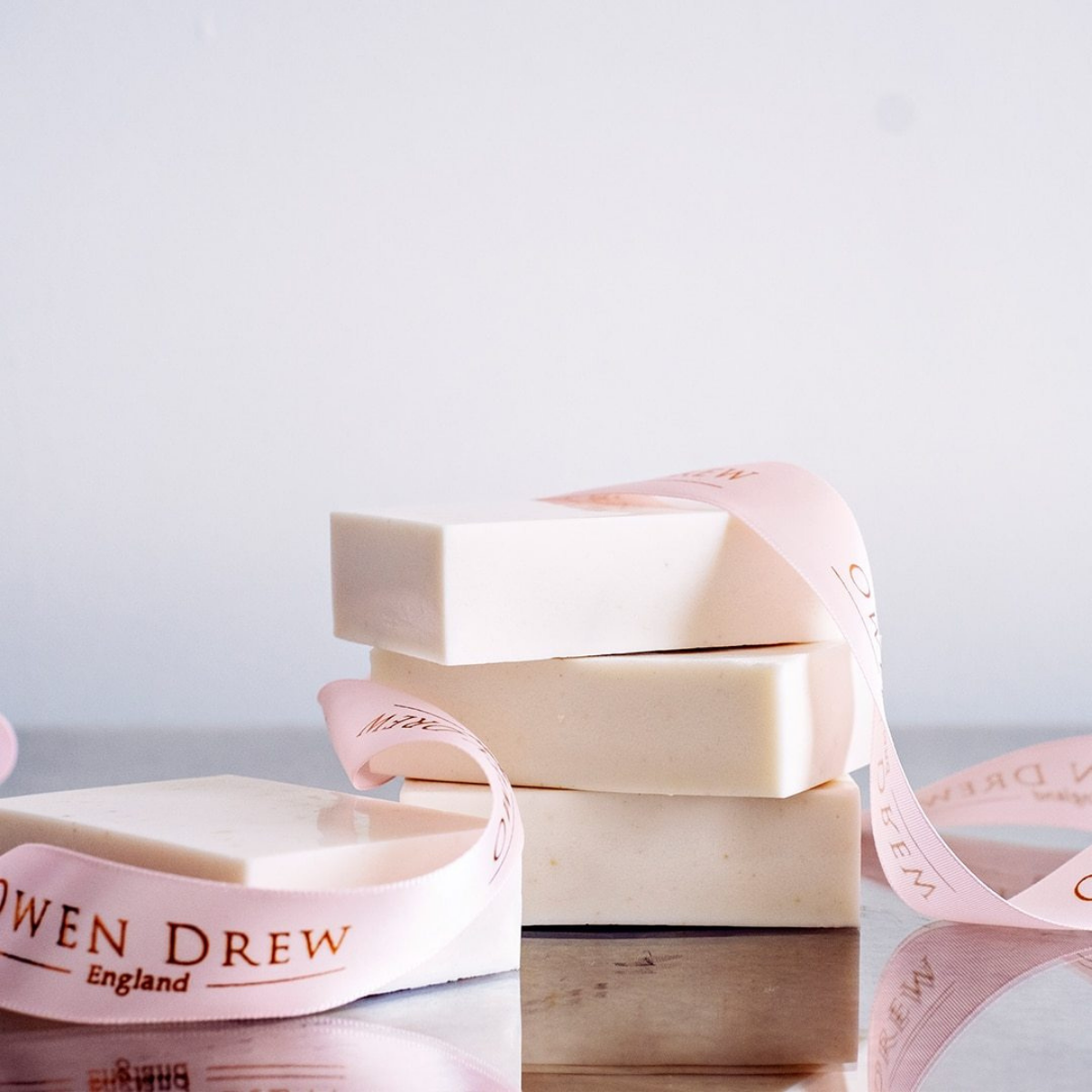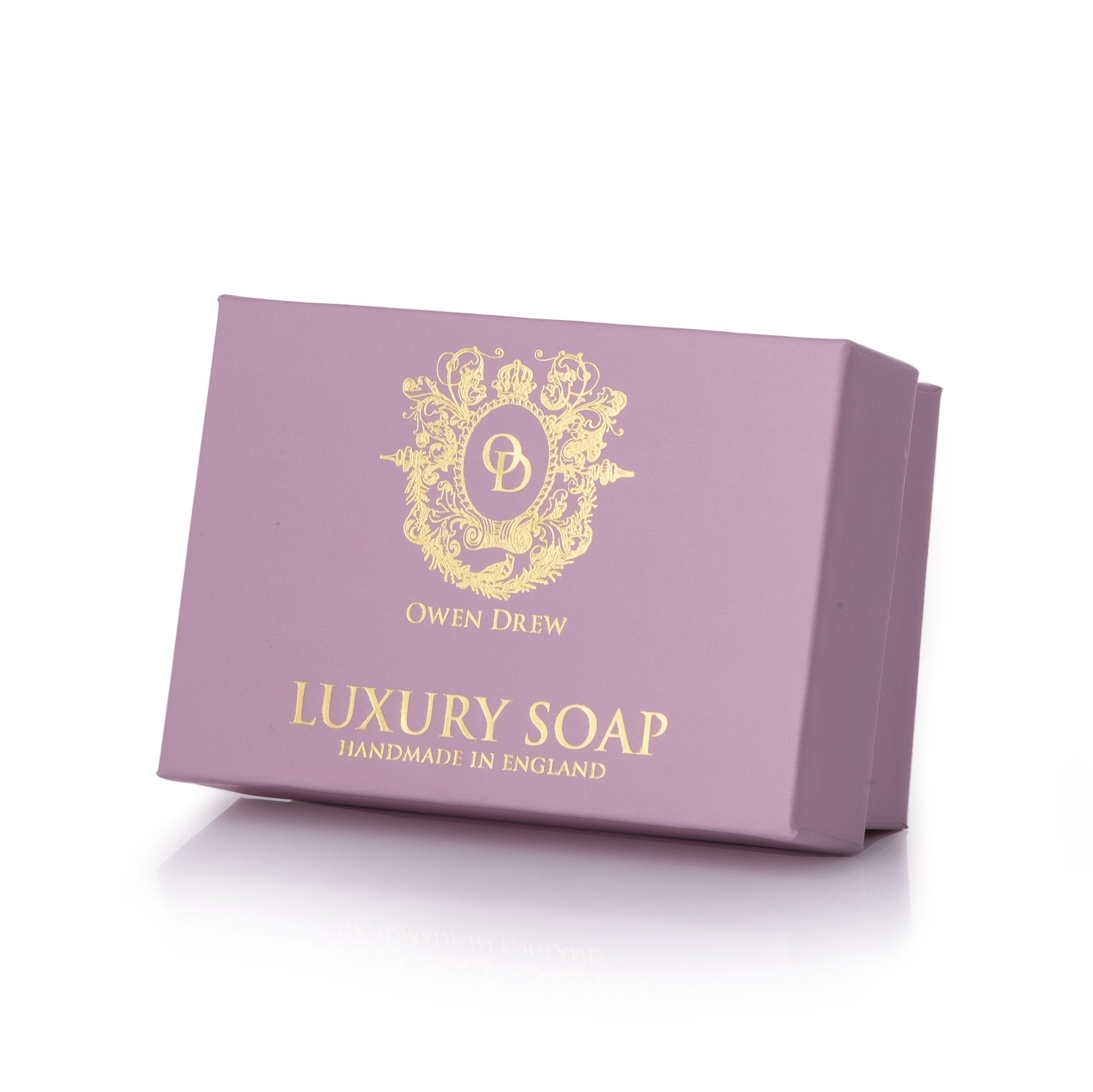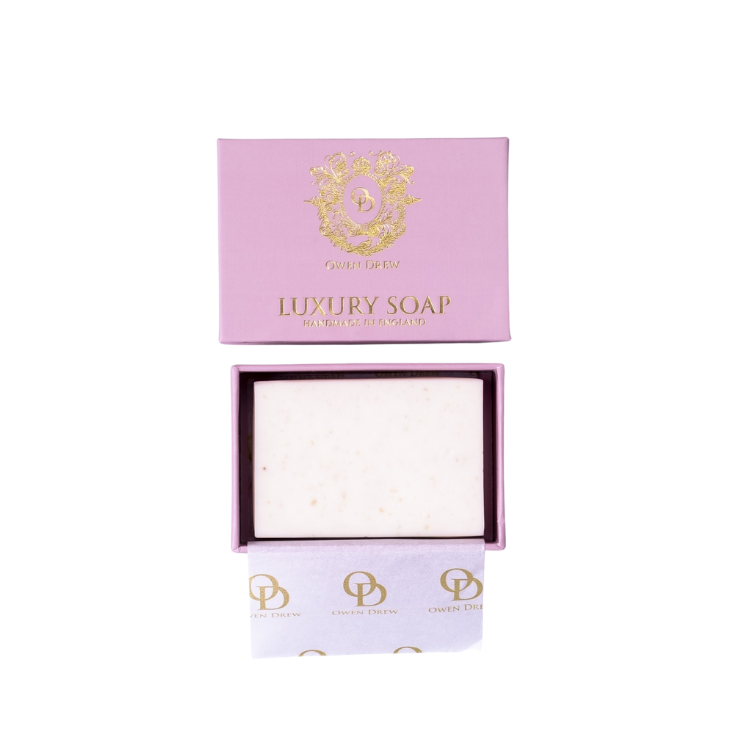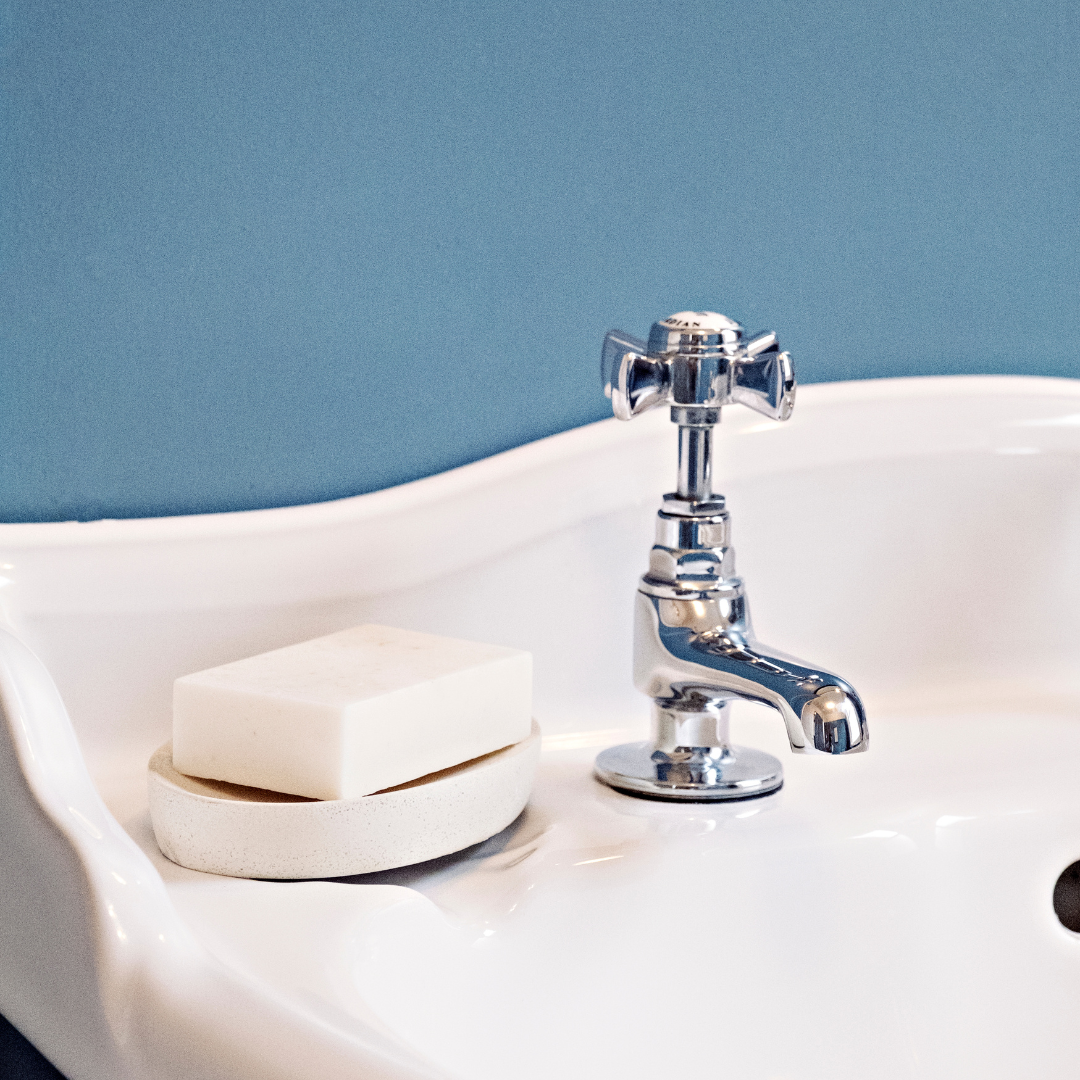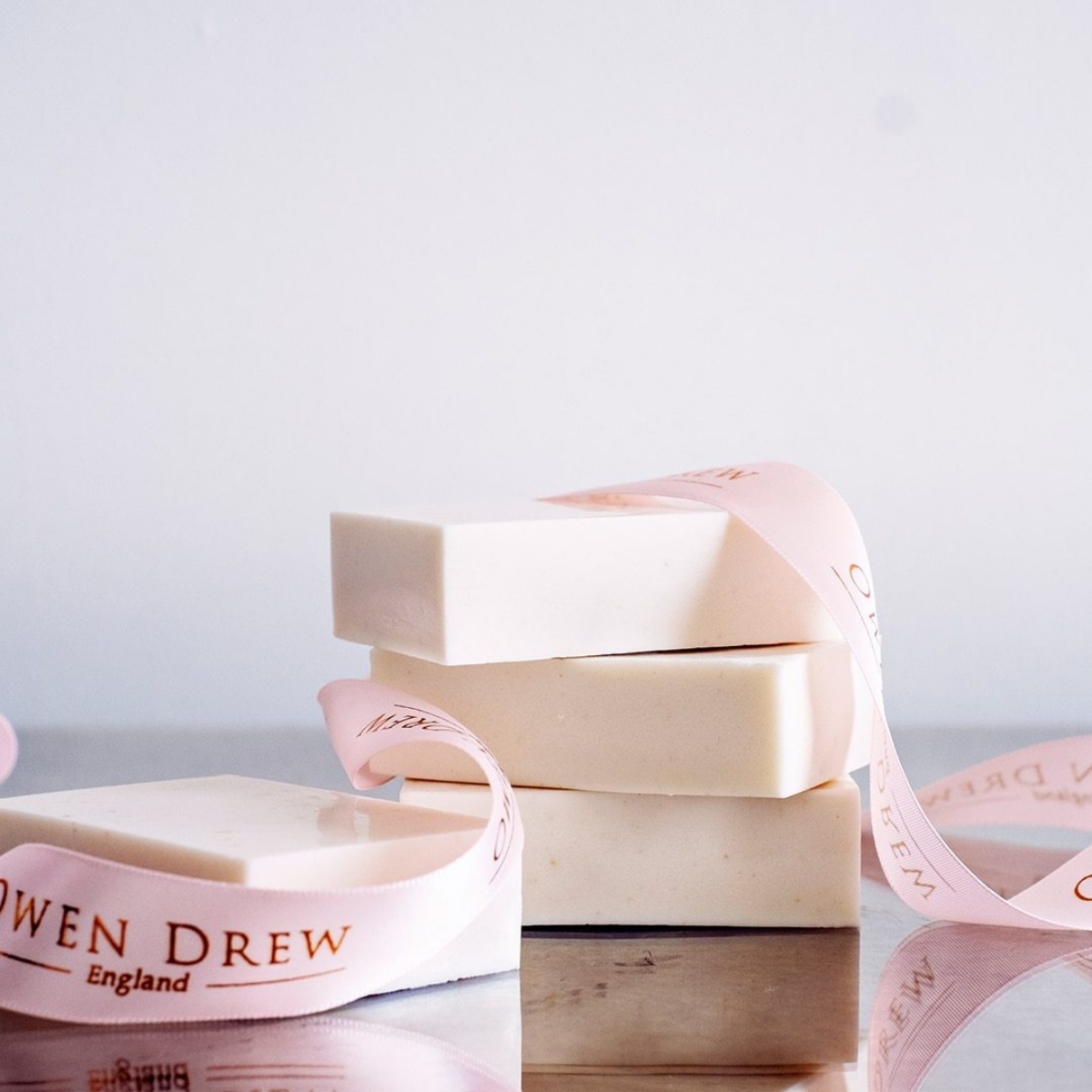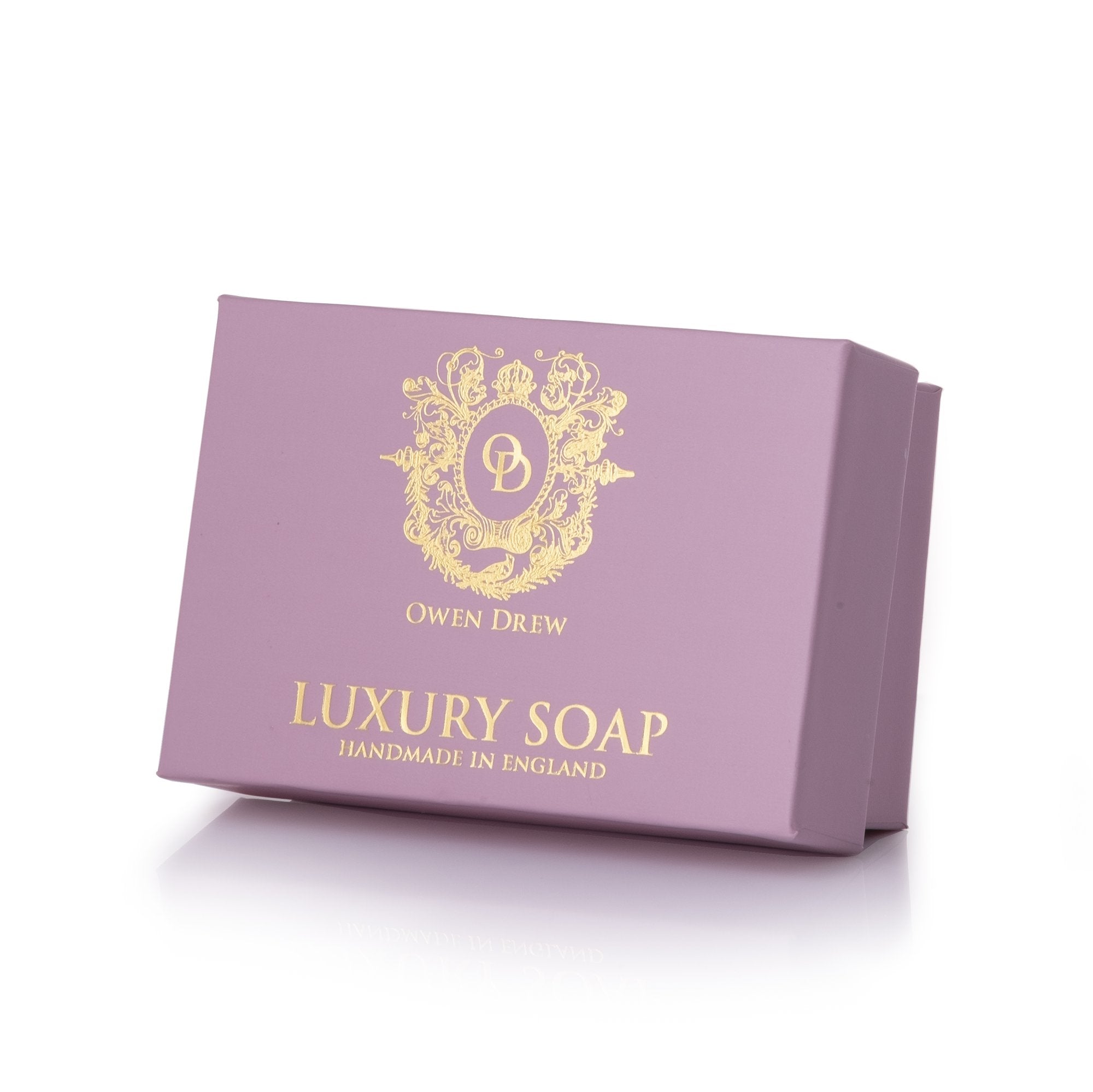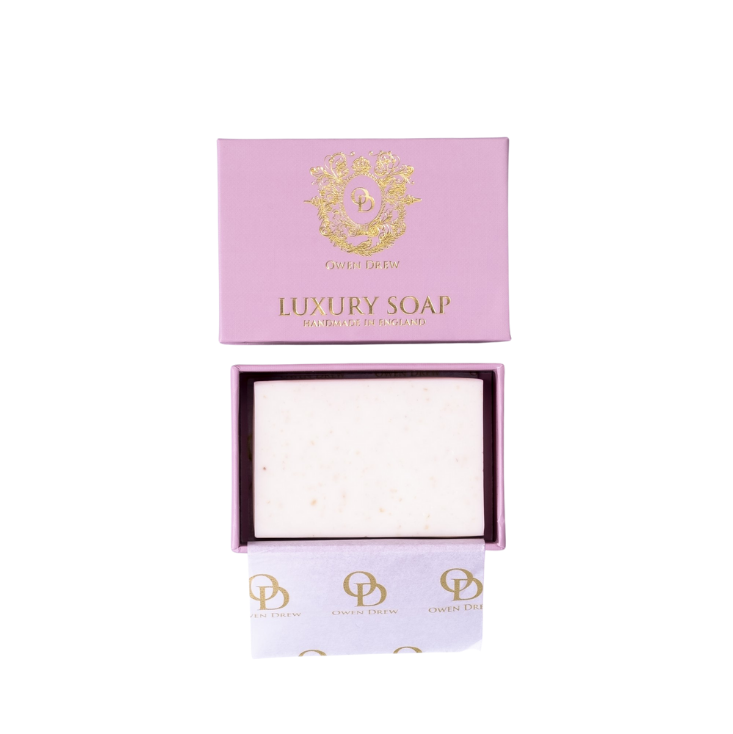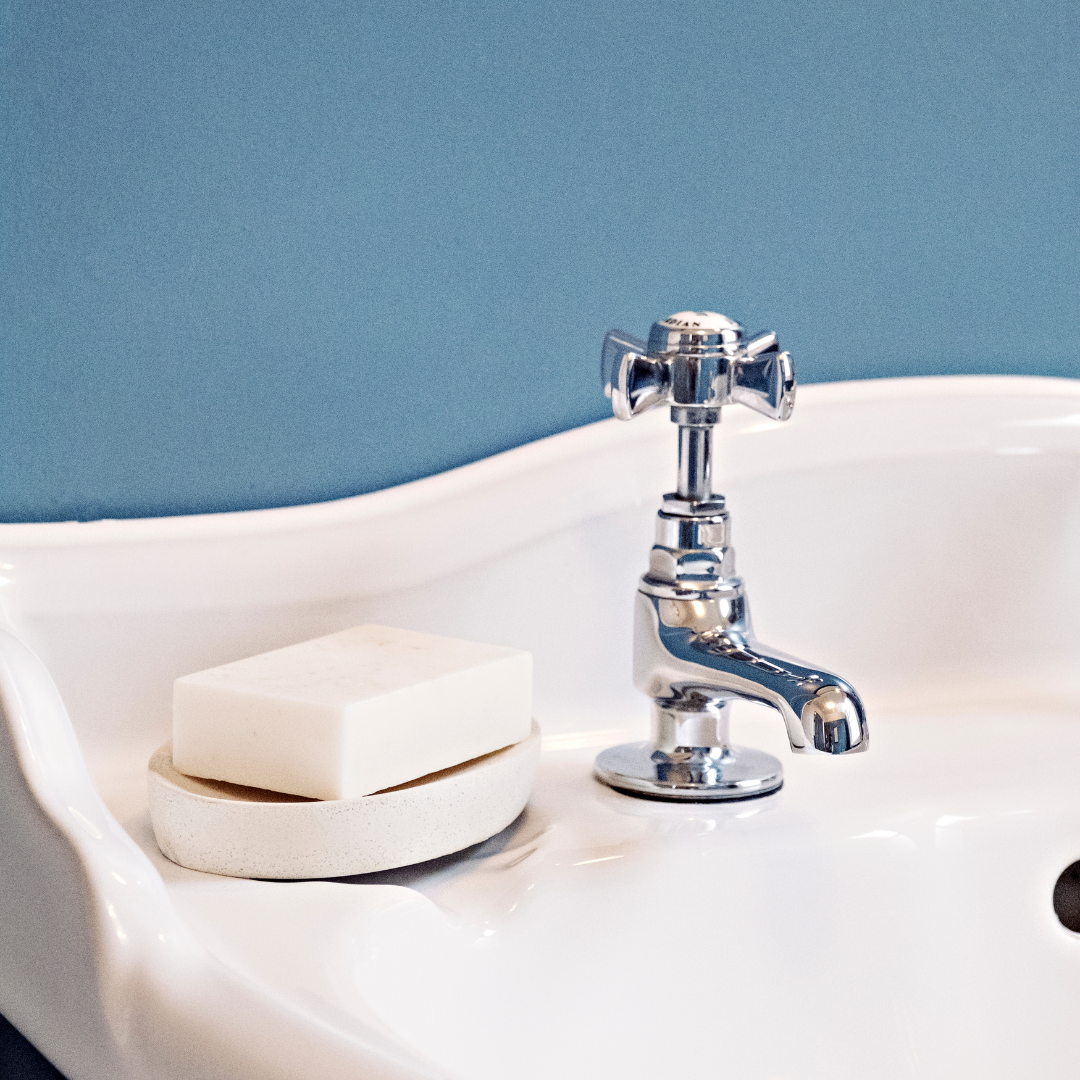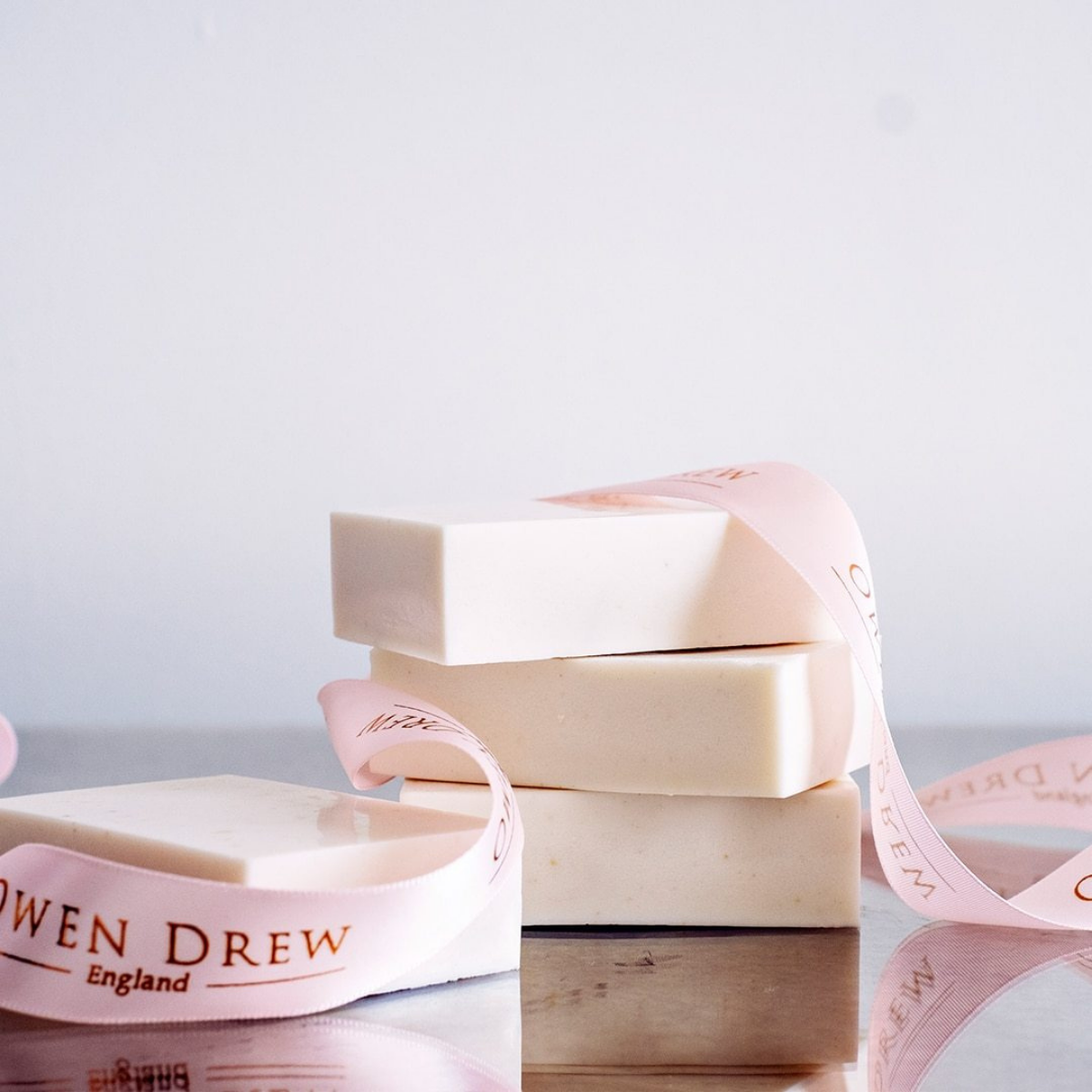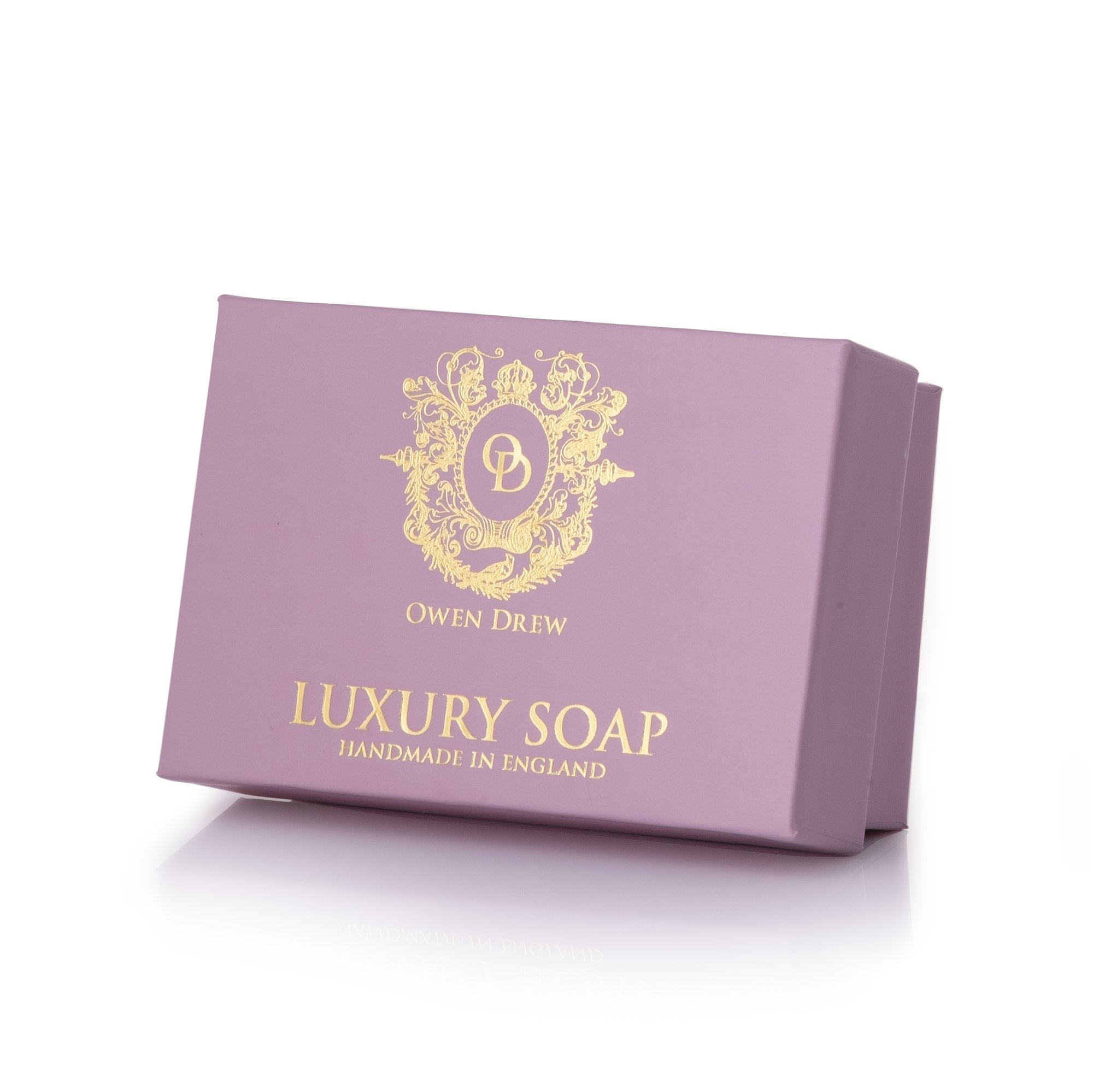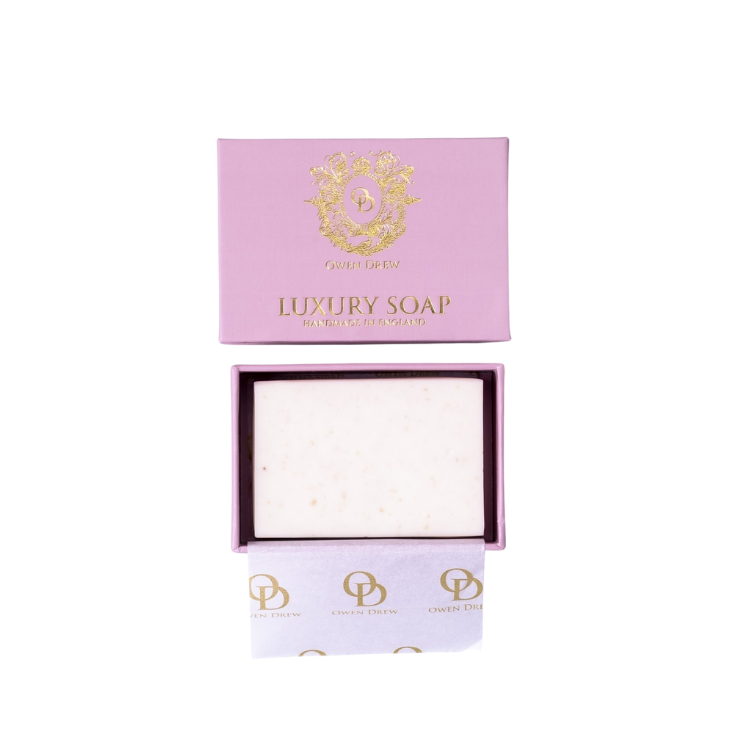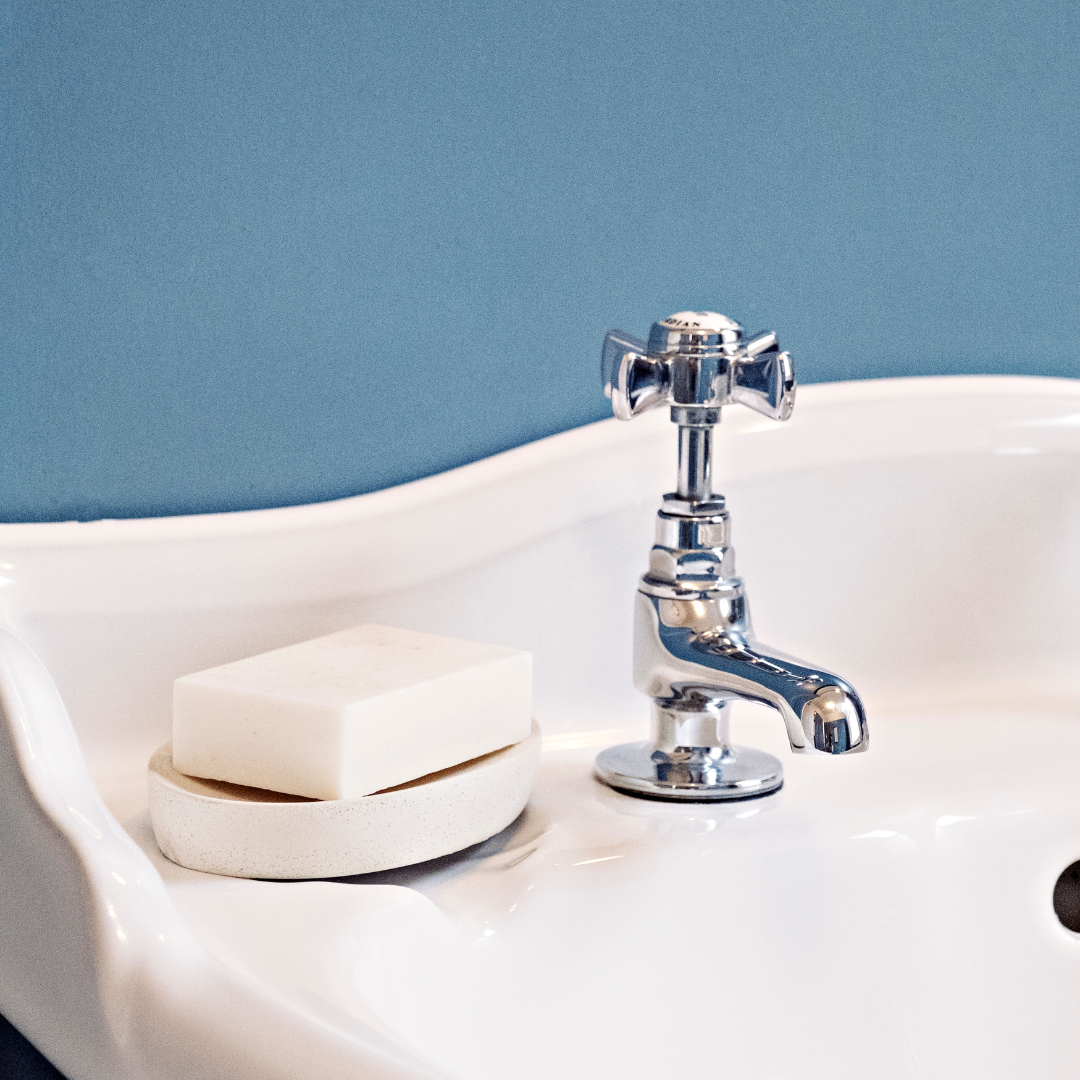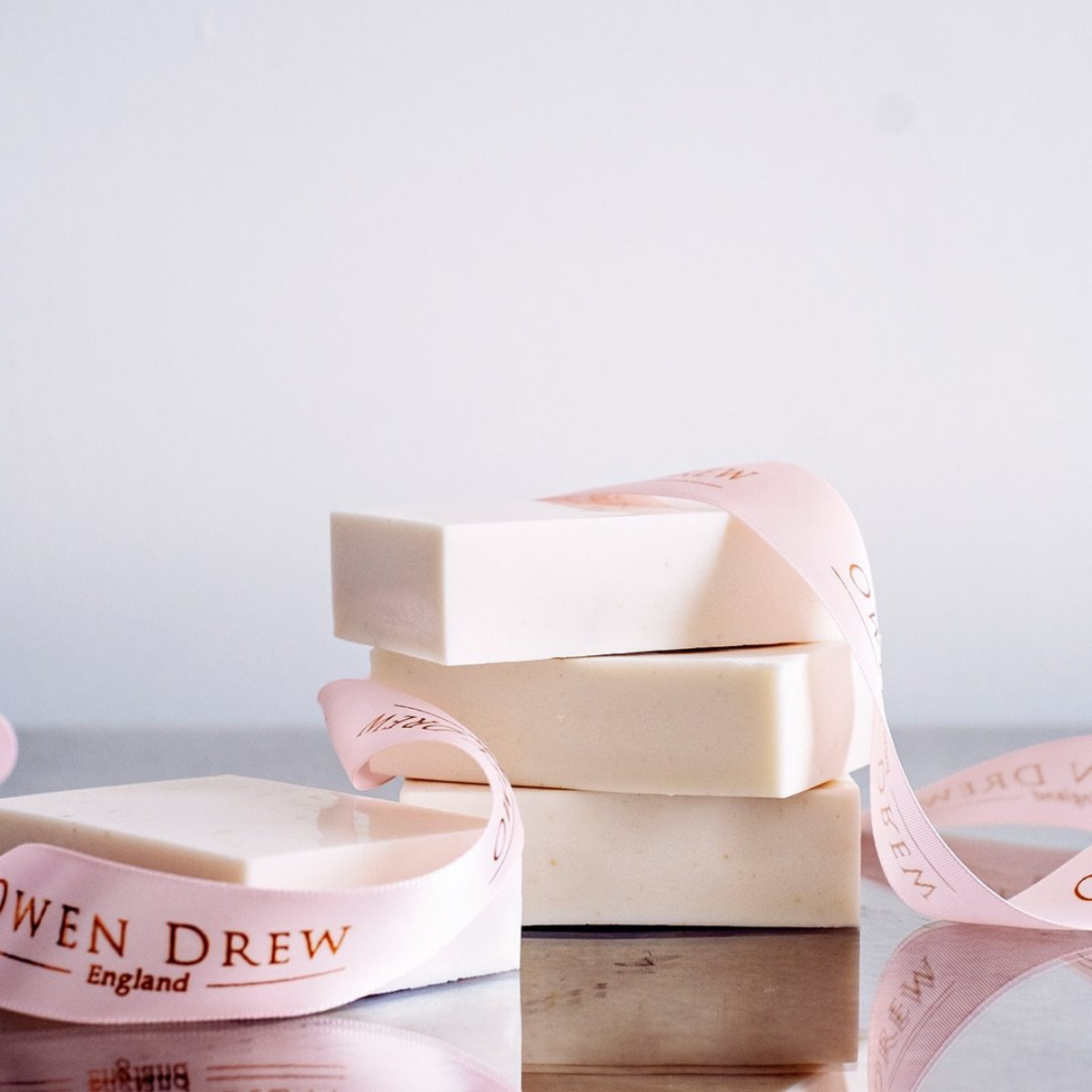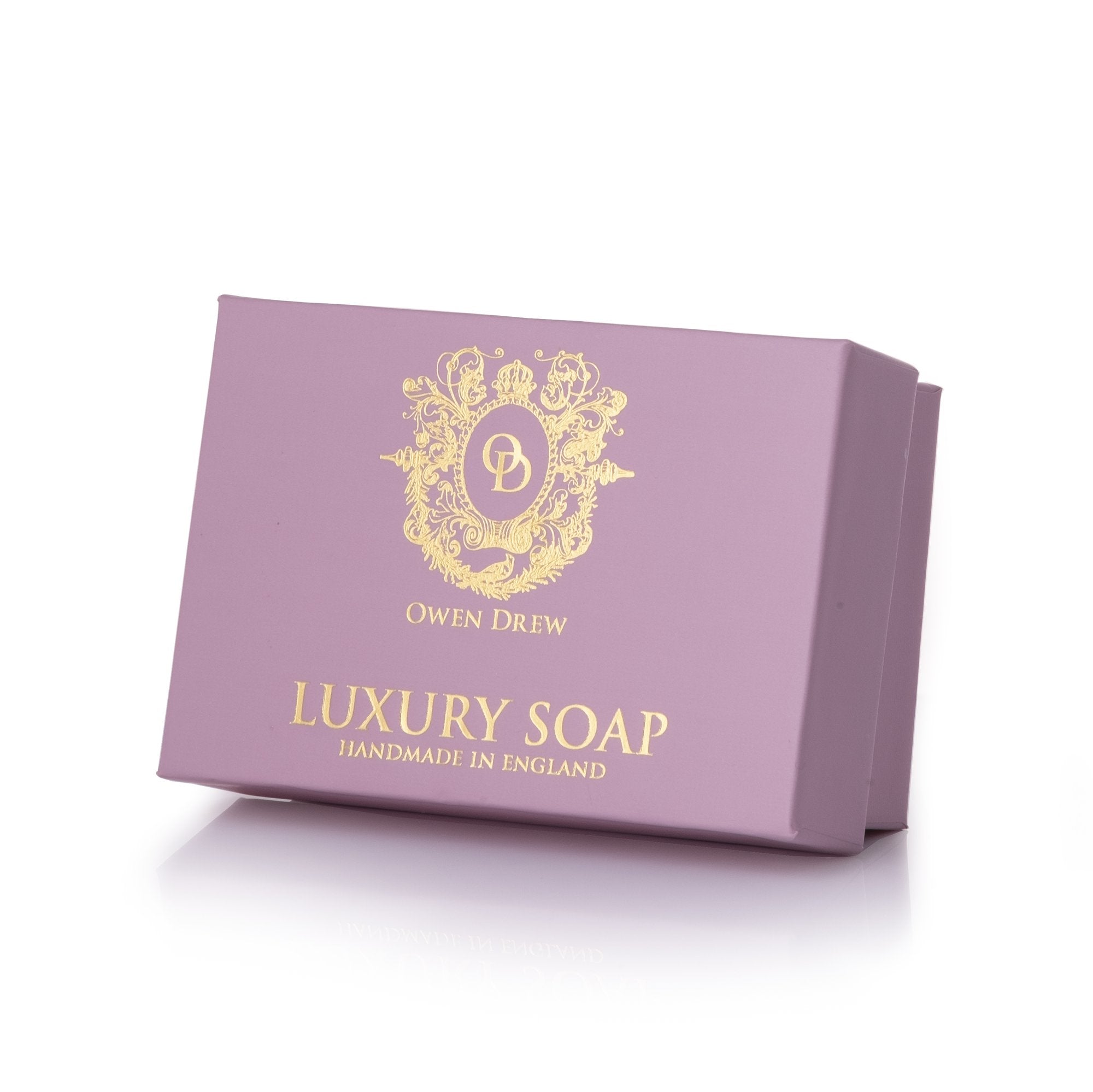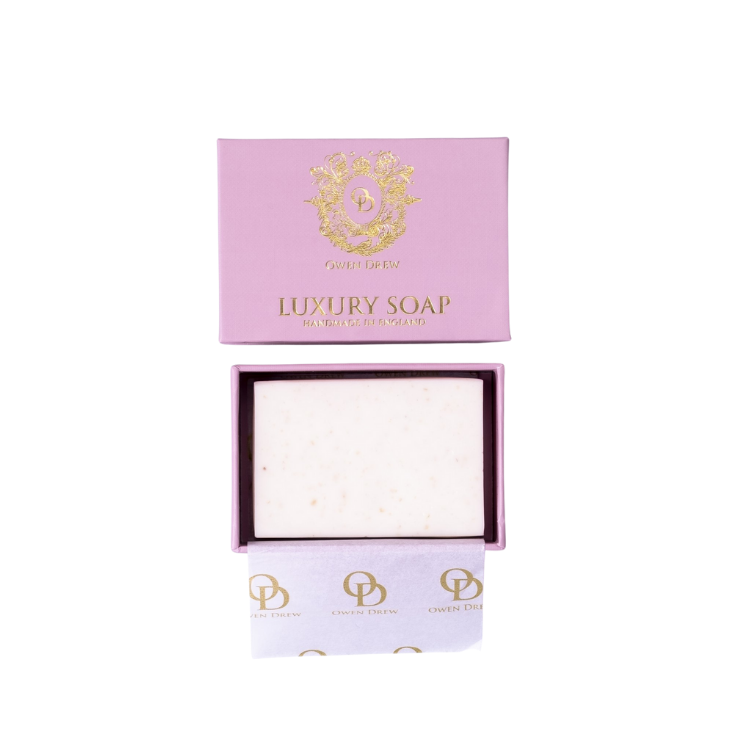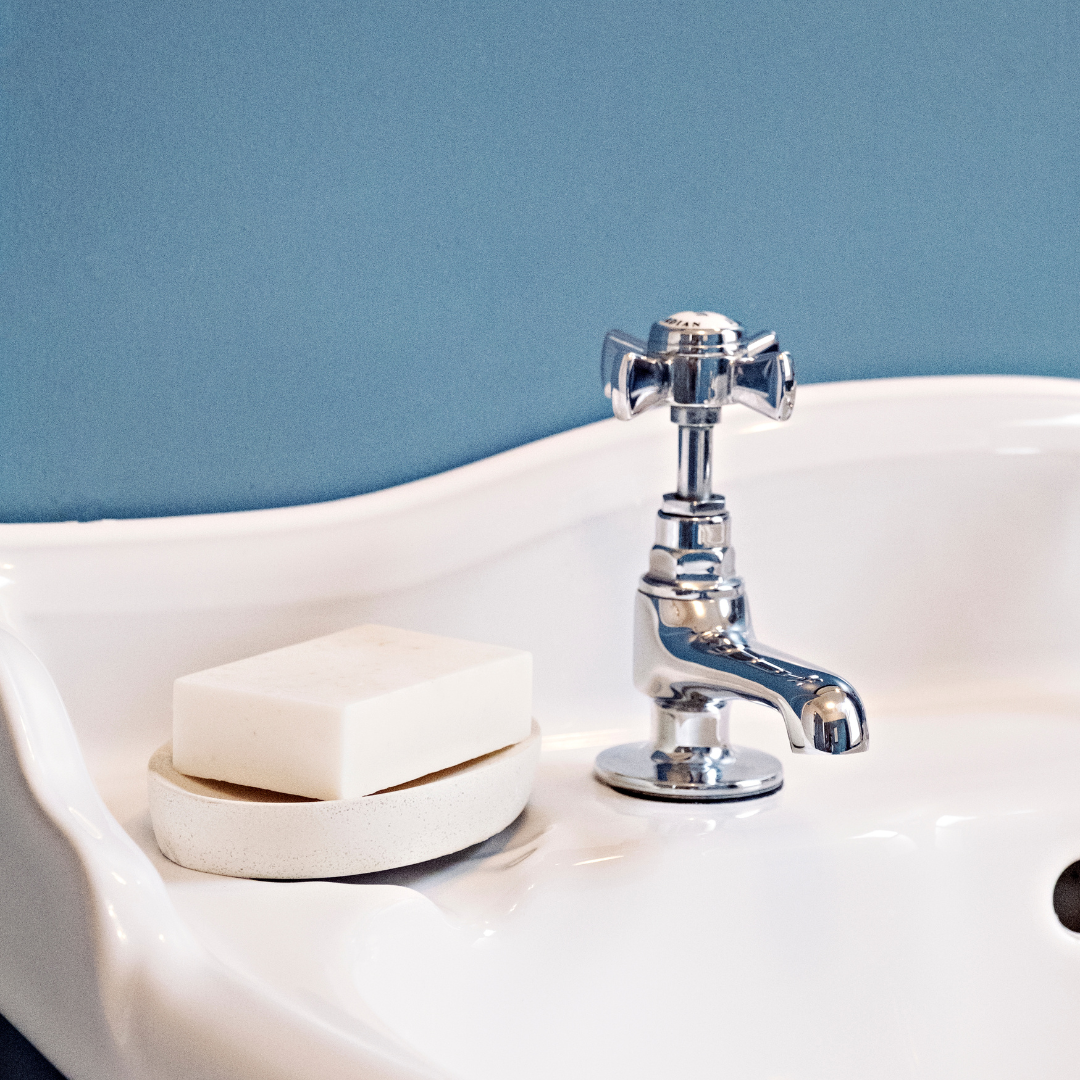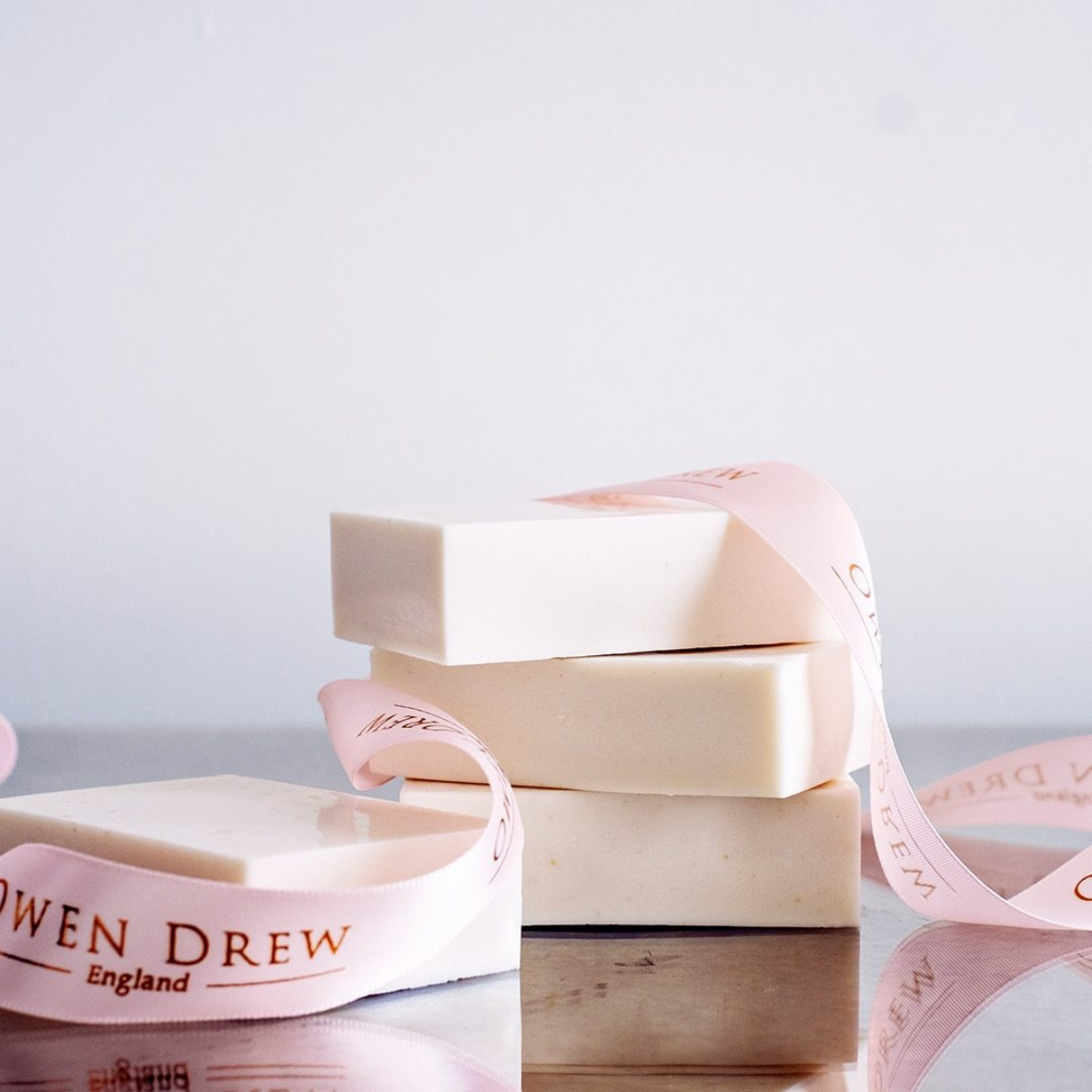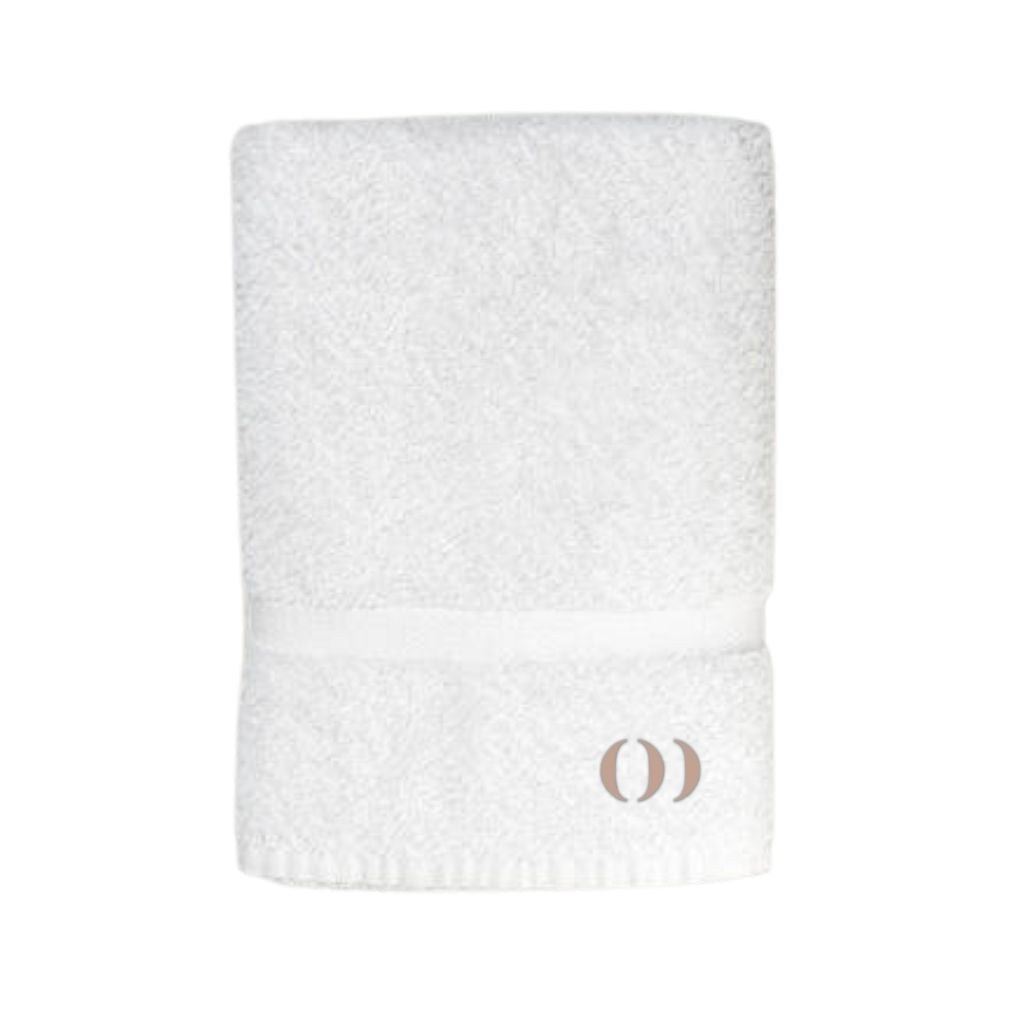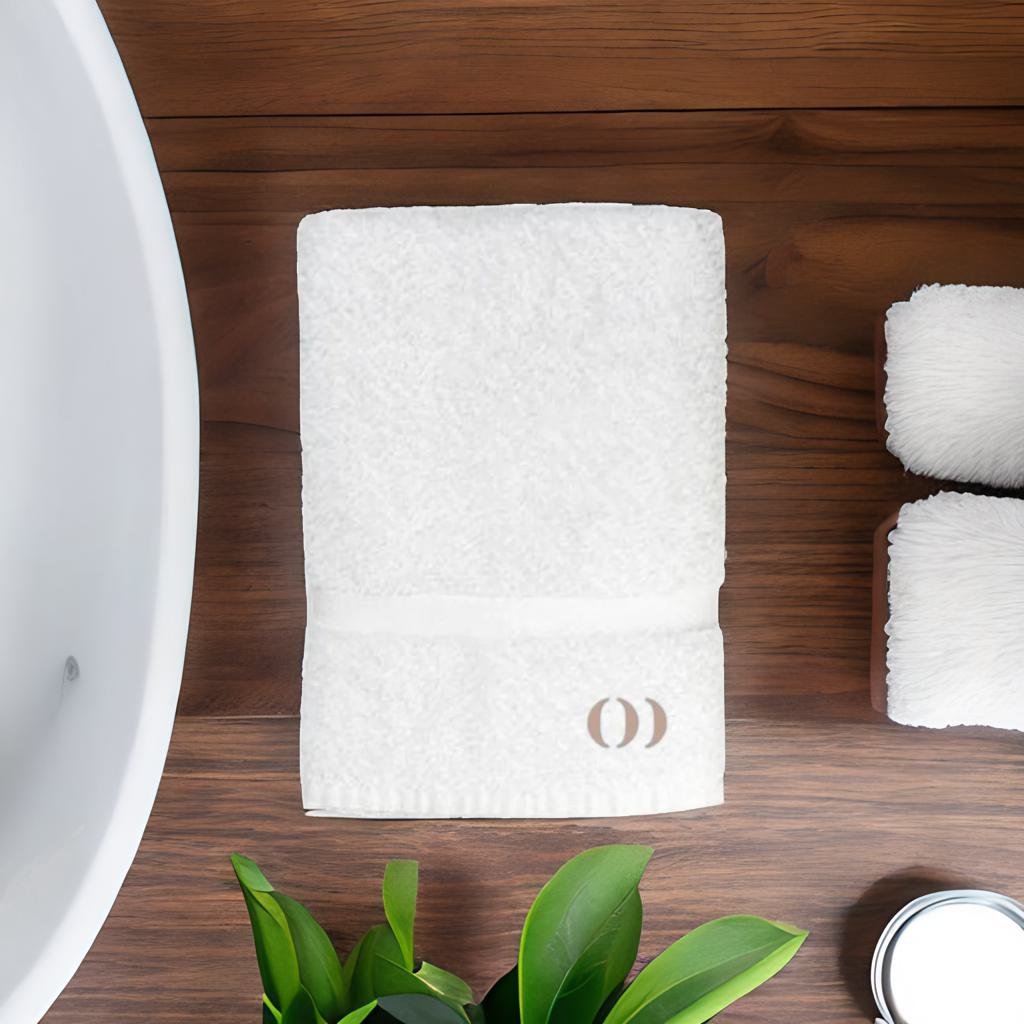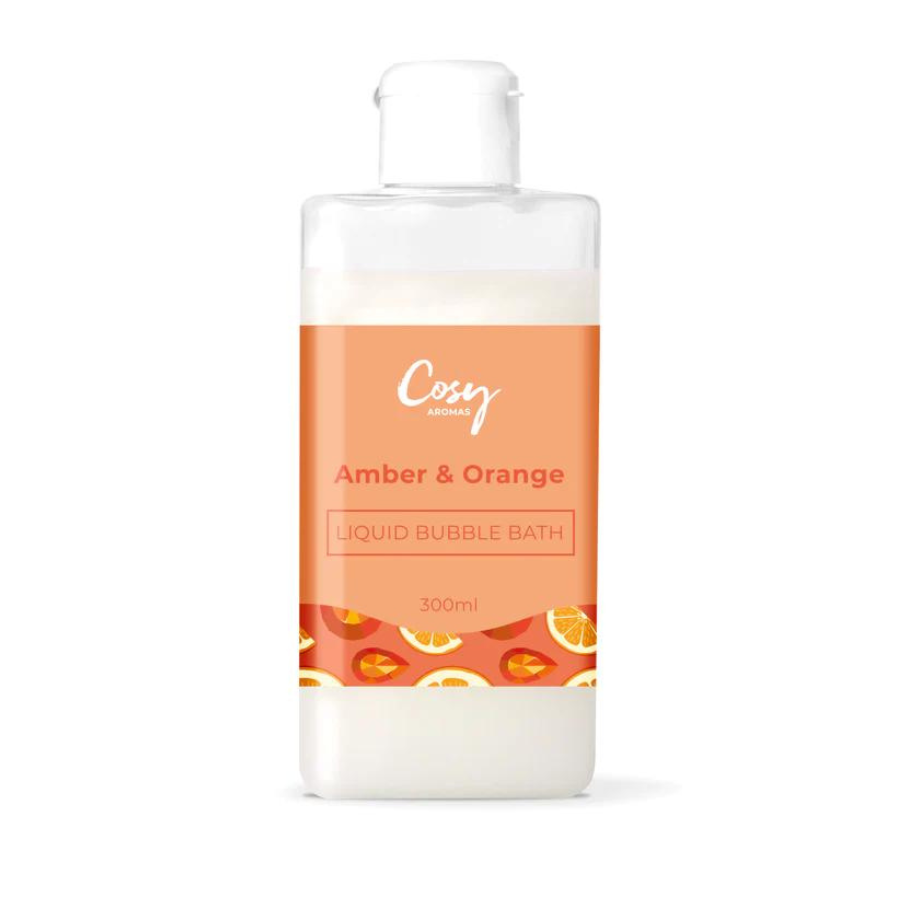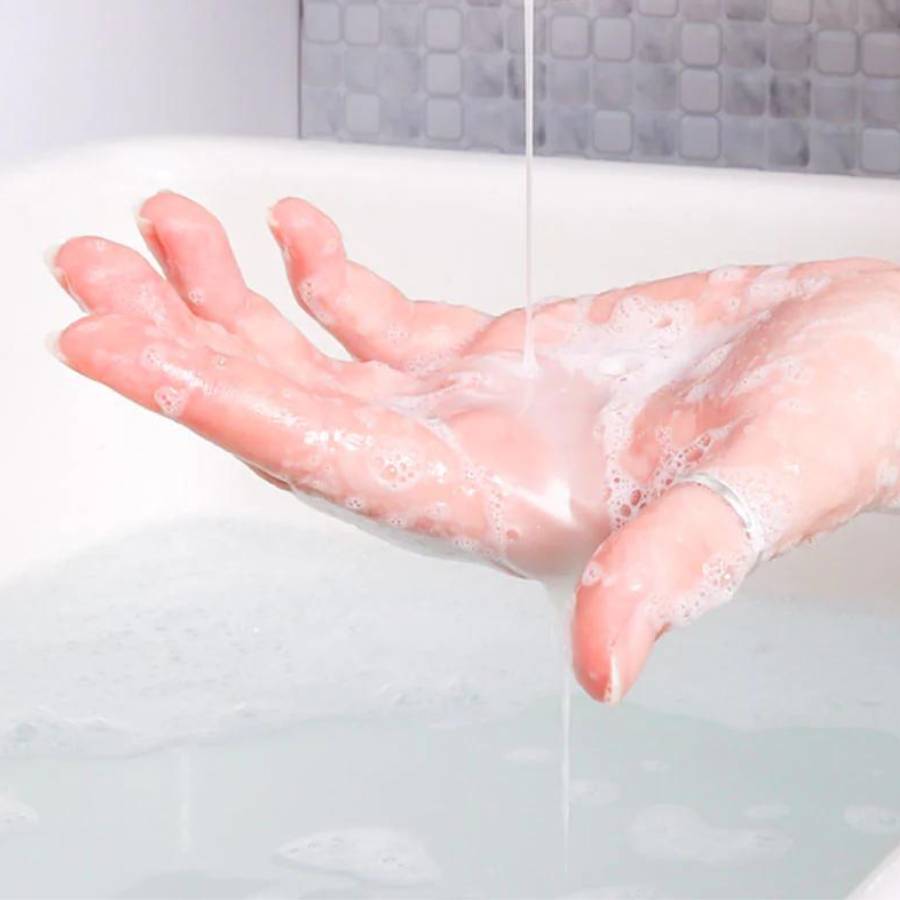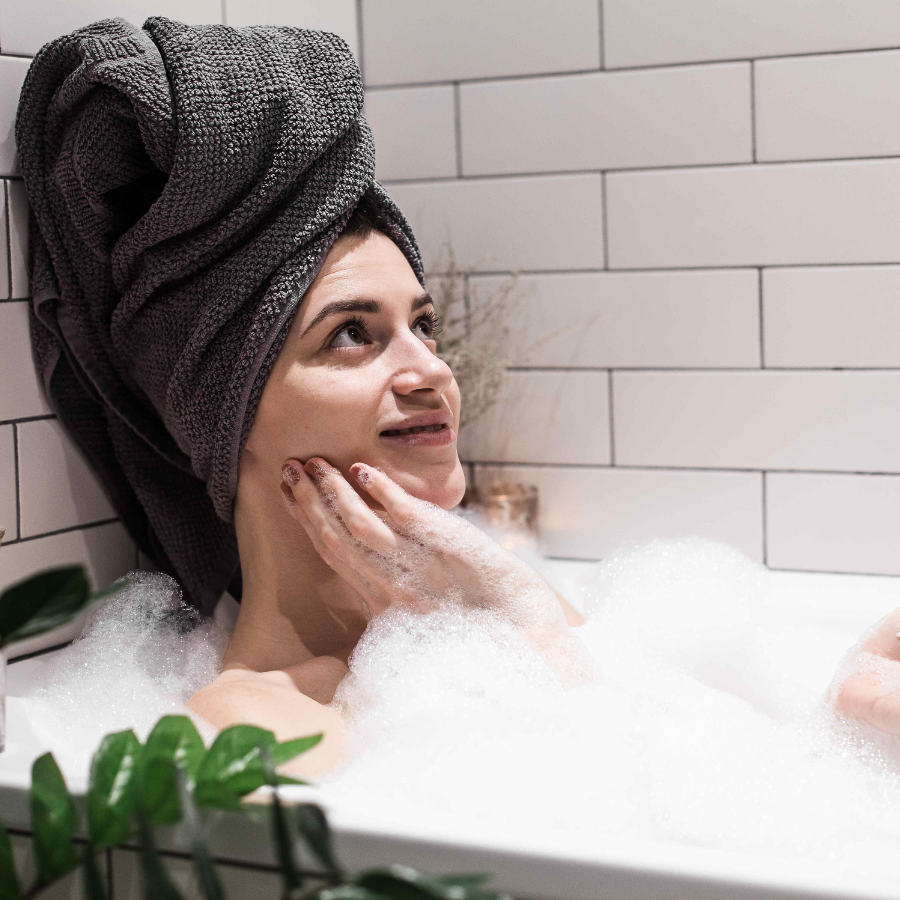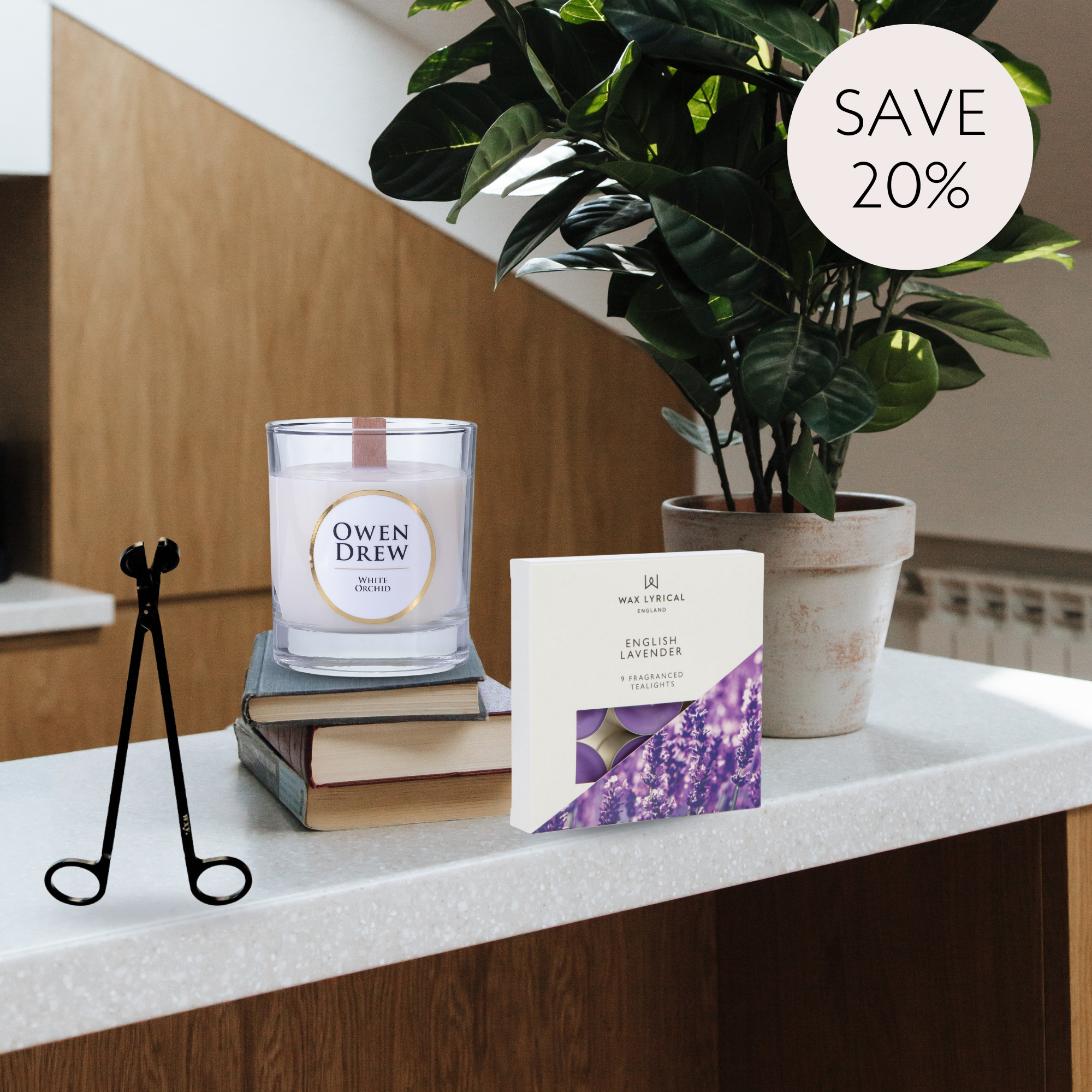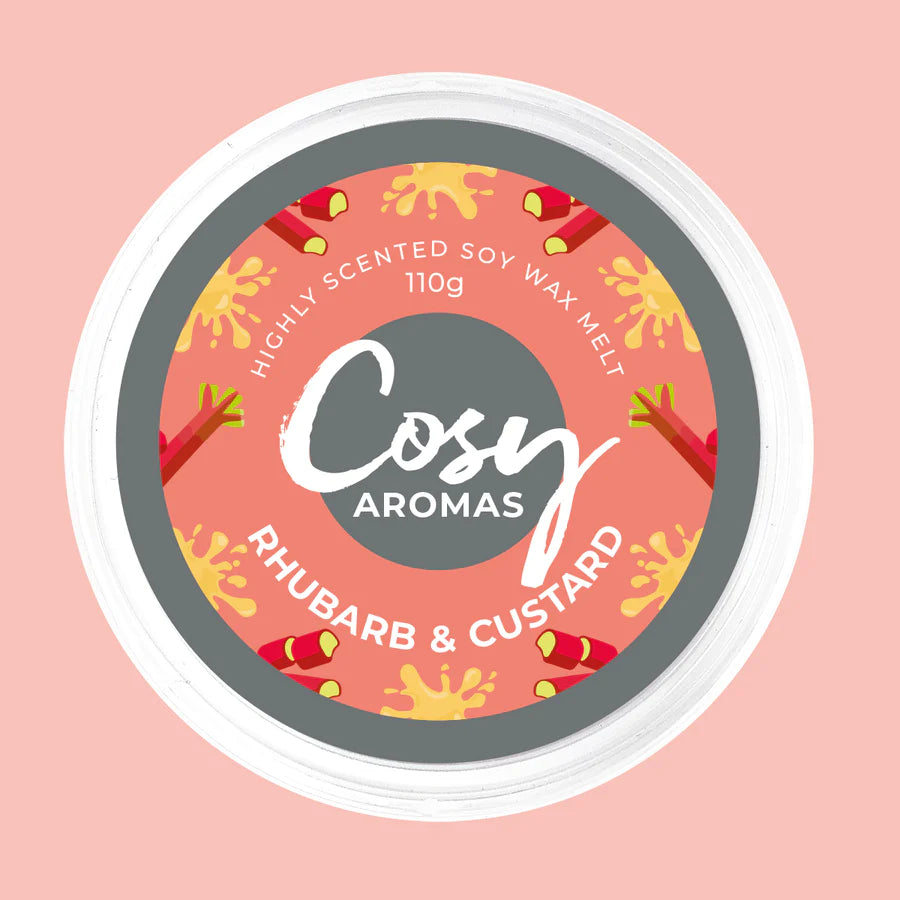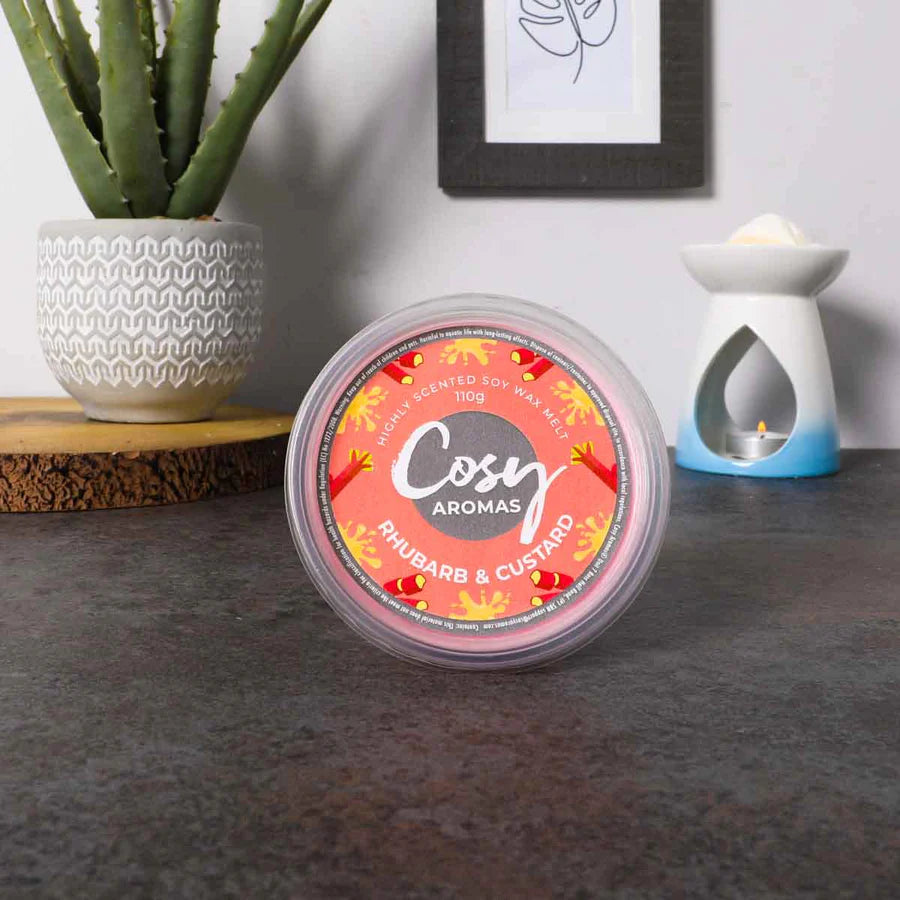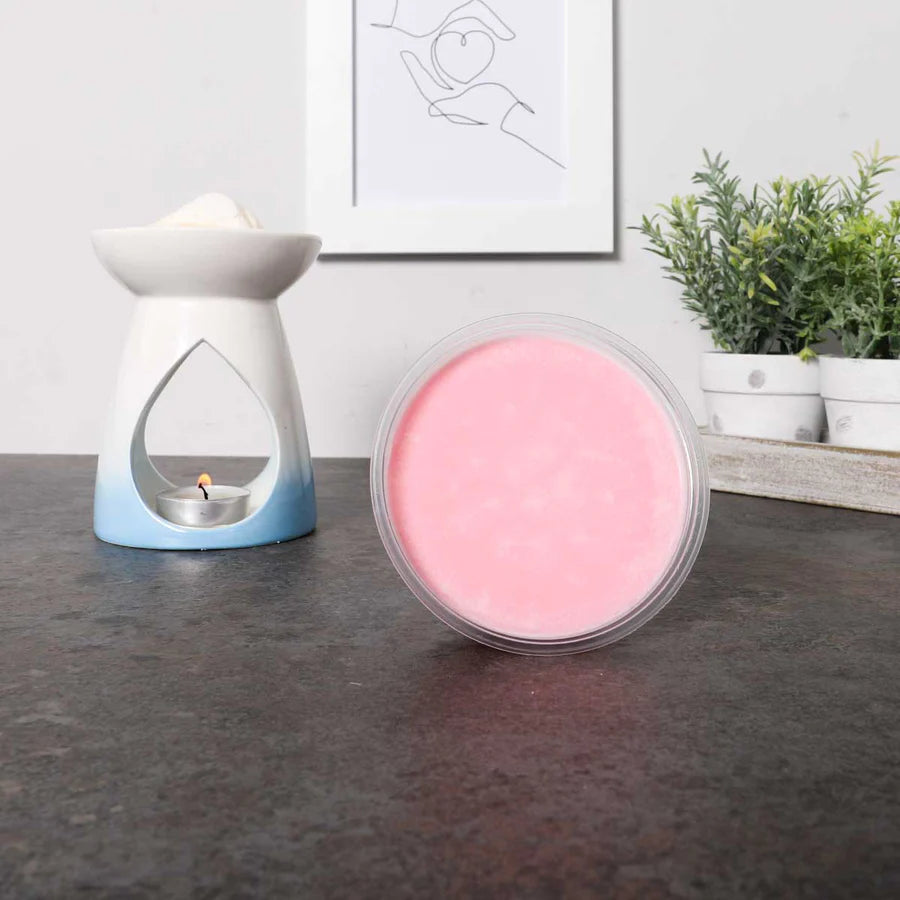What is the Difference Between Natural Soap and Traditional Soap?
Natural soap is made from plant-based oils, botanical extracts, and essential oils. The soap usually contains moisturising ingredients like shea butter. On the other hand, traditional soap usually contains sulfates and synthetic fragrances, synthetic detergents, and other harsh additives.
Cost/Affordability
→ Organic soap is generally more costly than commercial soap. This is because organic soap uses more expensive ingredients like plant-based oils, essential oils, and botanical extracts. They’re also handmade in smaller batches, which increases production costs.
→ Some organic soaps are made with sustainable practices and ingredients, which can also increase the number of products. However, handmade and commercial soaps have a wide range of price variations.
→ You can find affordable organic soaps, especially if you buy in bulk or from local artisans.
Lifespan and Usage Differences
→ When it comes to shelf life, commercial soaps gain the advantage. They can last between 2-3 years due to the preservatives they contain. Organic soap usually has a shorter shelf life (6-12 months) because they are not made with synthetic preservatives.
→ Commercial soaps usually produce a richer lather as they contain foaming agents. Organic soap requires more effort to create lather, which can vary depending on the ingredients.
→ Organic soap tends to be more moisturising to the skin, while commercial soap may contain ingredients that strip the skin’s natural oils.
Organic soap may initially cost more; however, it tends to last longer when used than commercial soap.
The Look and Feel Differences
→ Commercial soaps usually have a uniform colour and shape. They also tend to be of the same colour due to artificial colourants added to them. Their texture can be smooth and hard, though some are slightly soft and pliable. Their scents are usually strong due to the use of synthetic fragrances.
→ On the other hand, organic soaps’ appearance can vary in colour and shape due to the natural ingredients they contain. Some may have swirls, speckles, or embedded botanicals. Regarding texture, these soaps may not be as smooth and can have a more rustic appearance due to being handmade. They also have a milder scent because they’re made with essential oils or botanical extracts.




